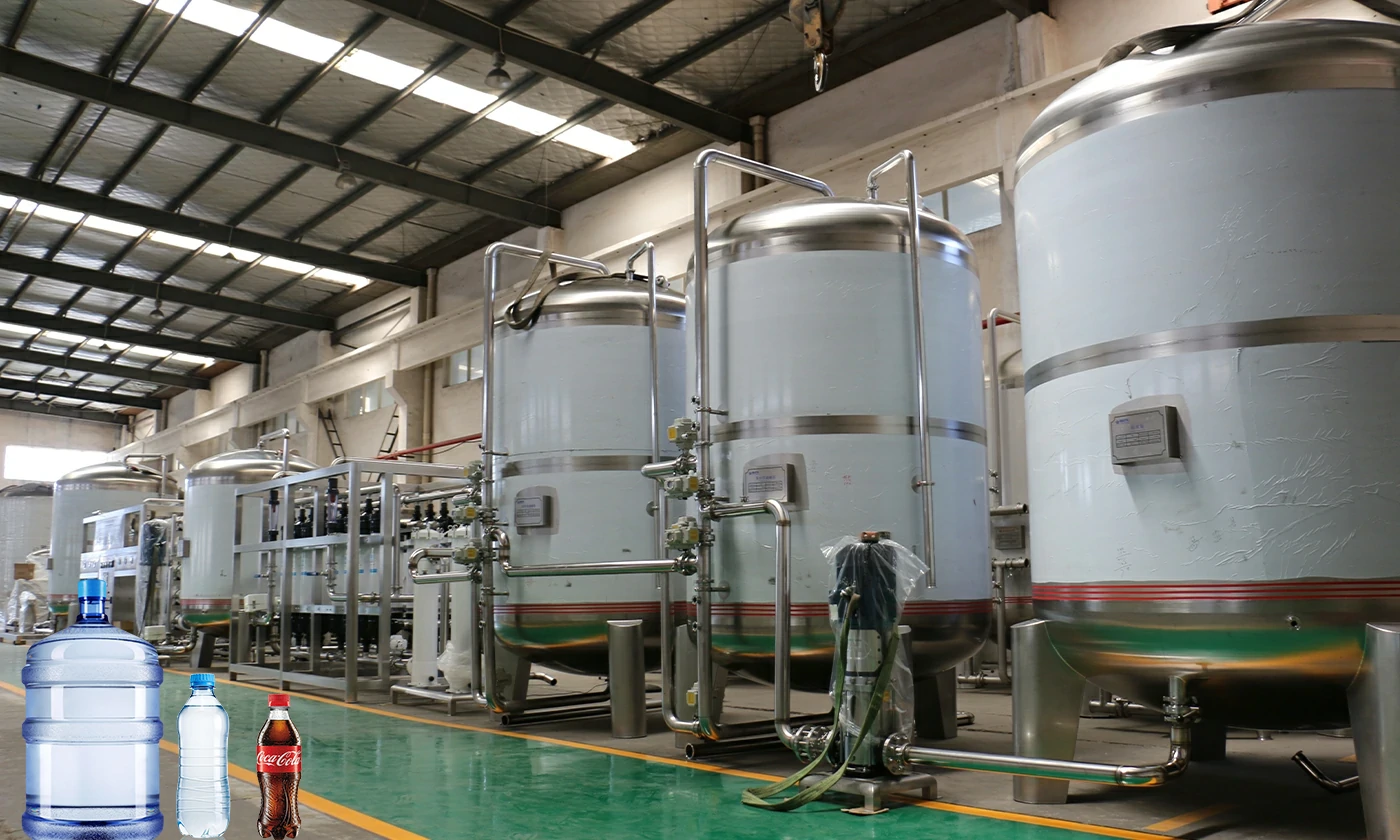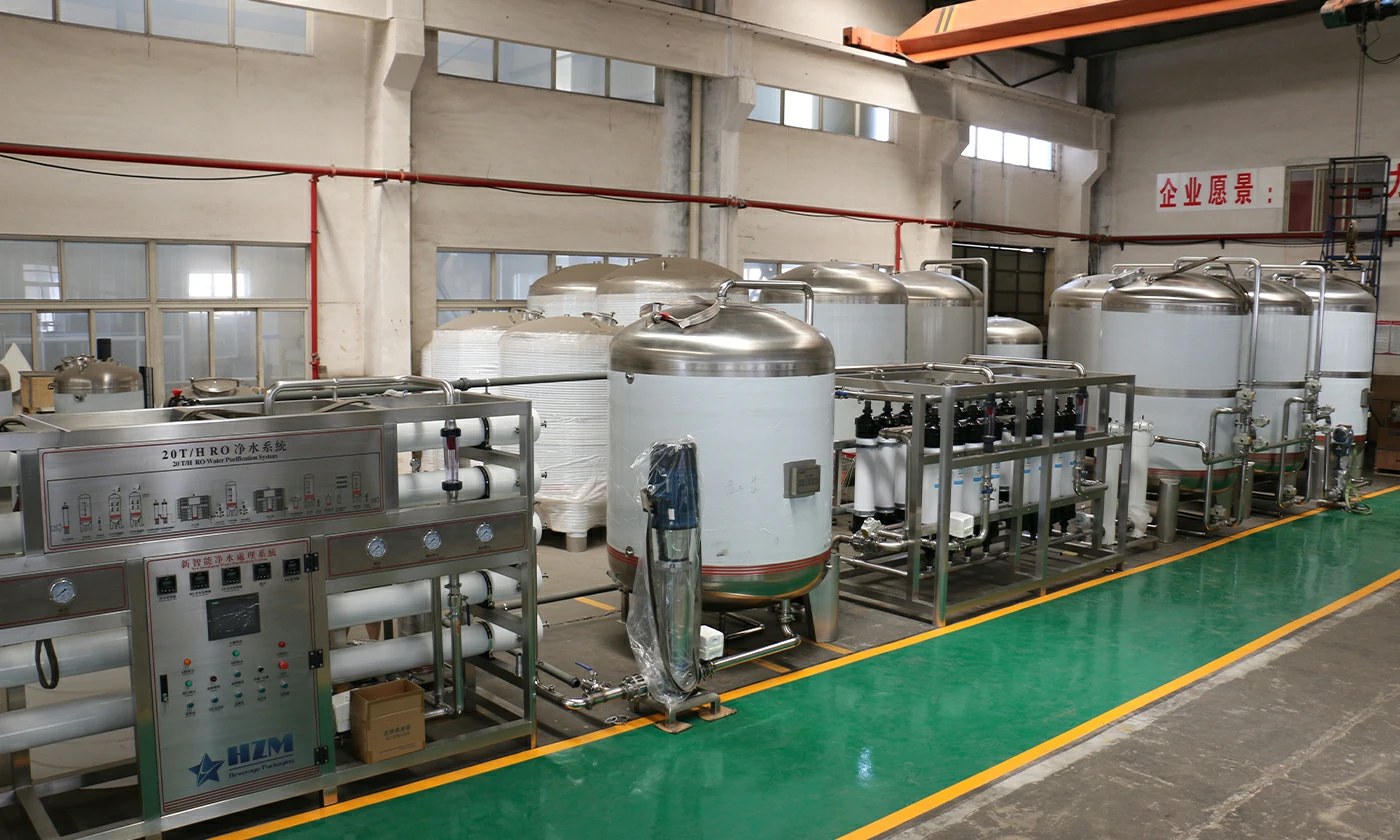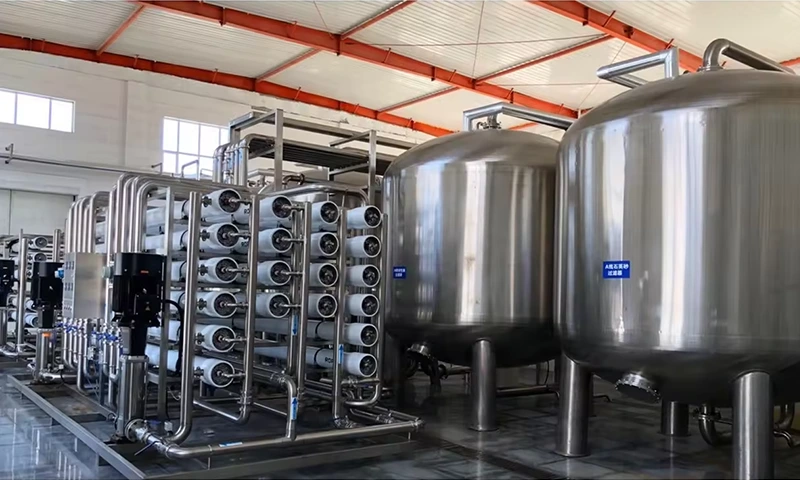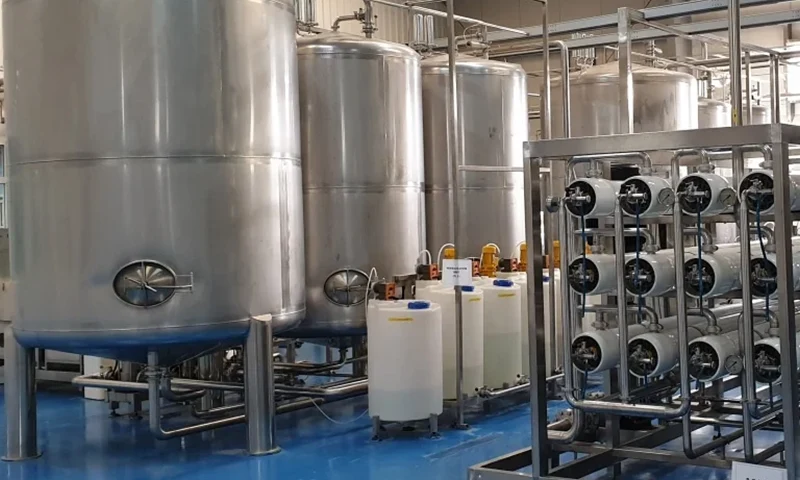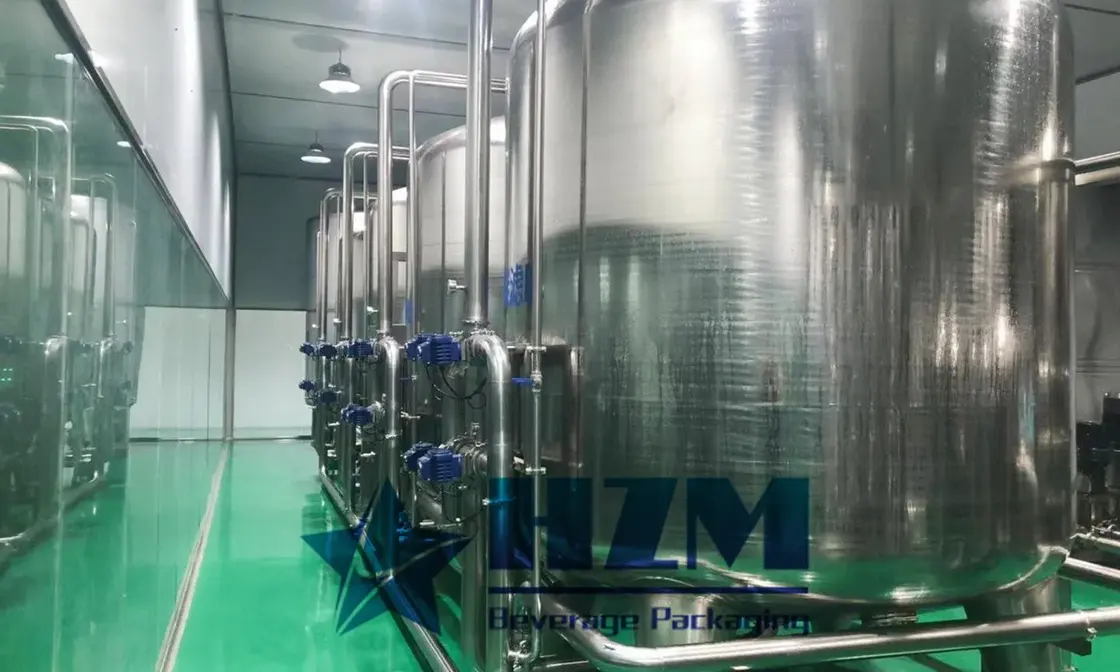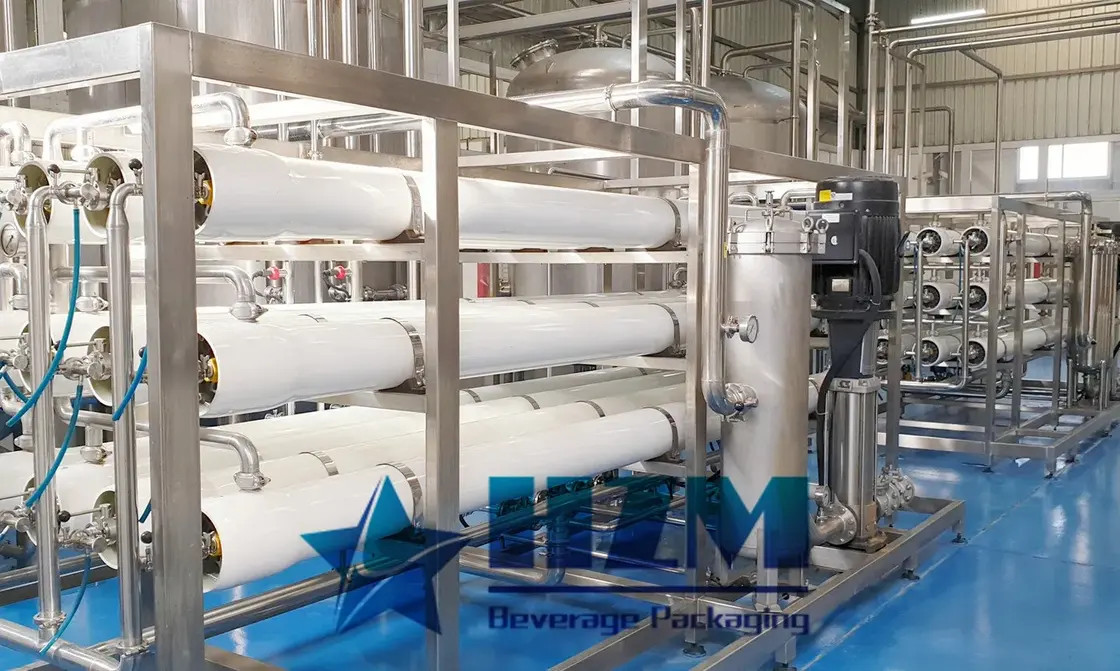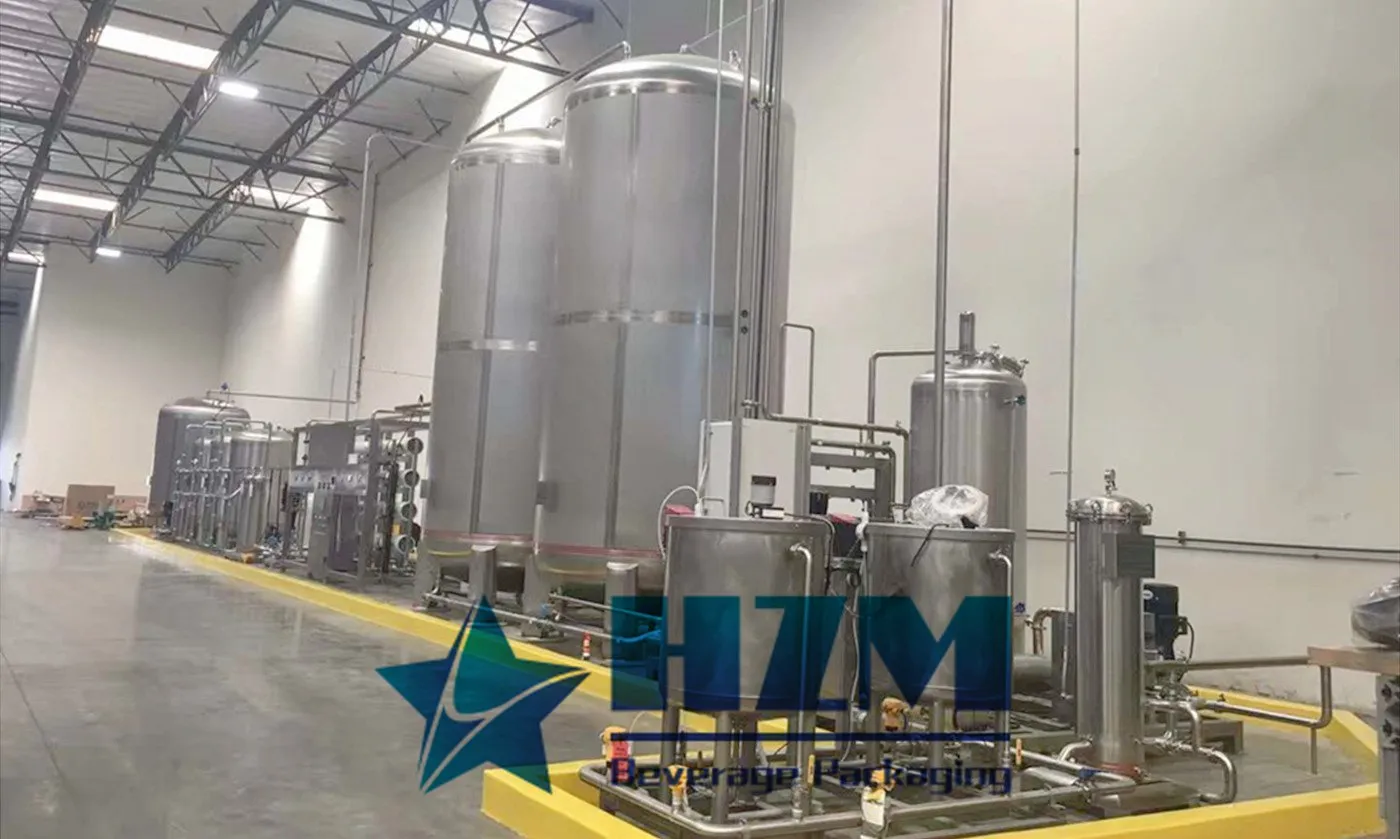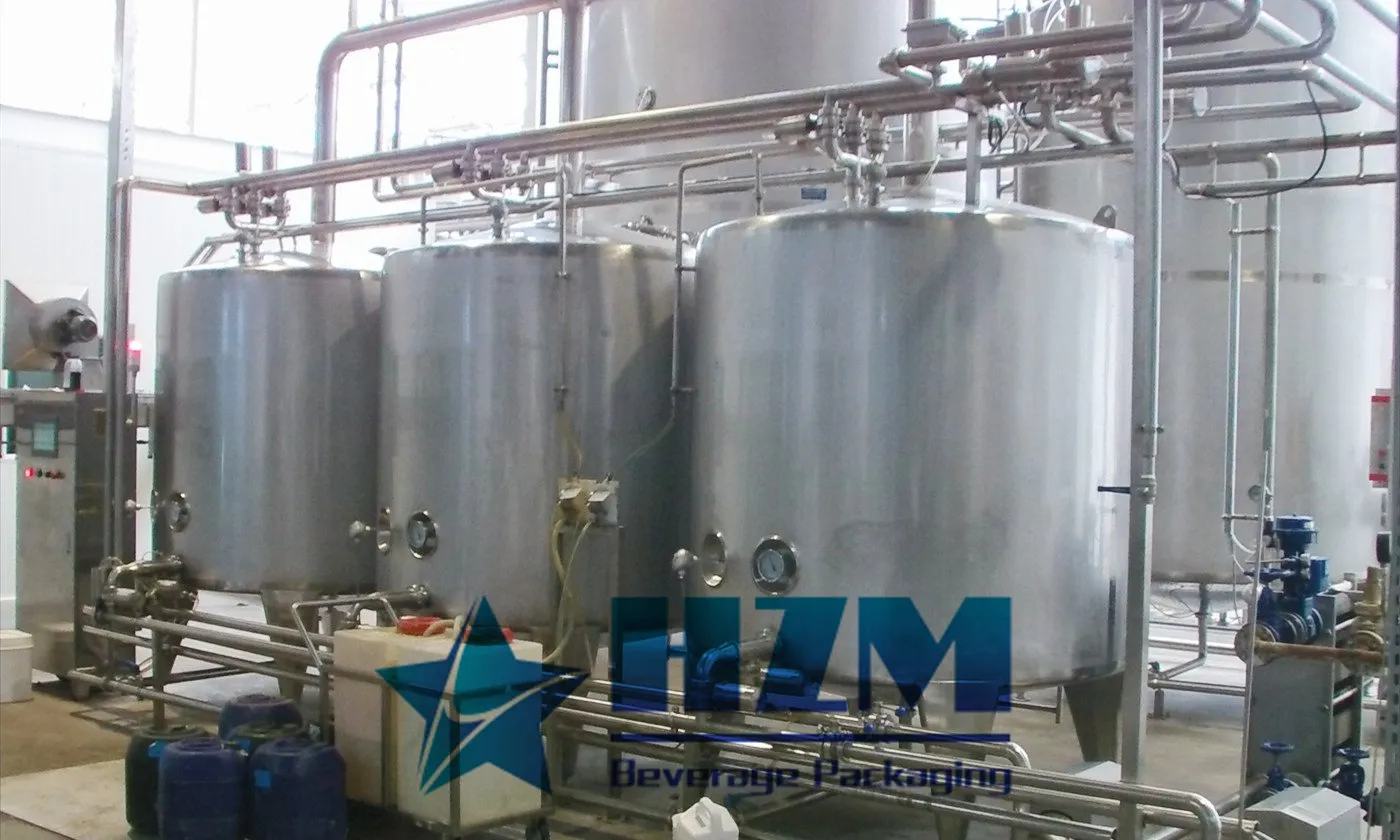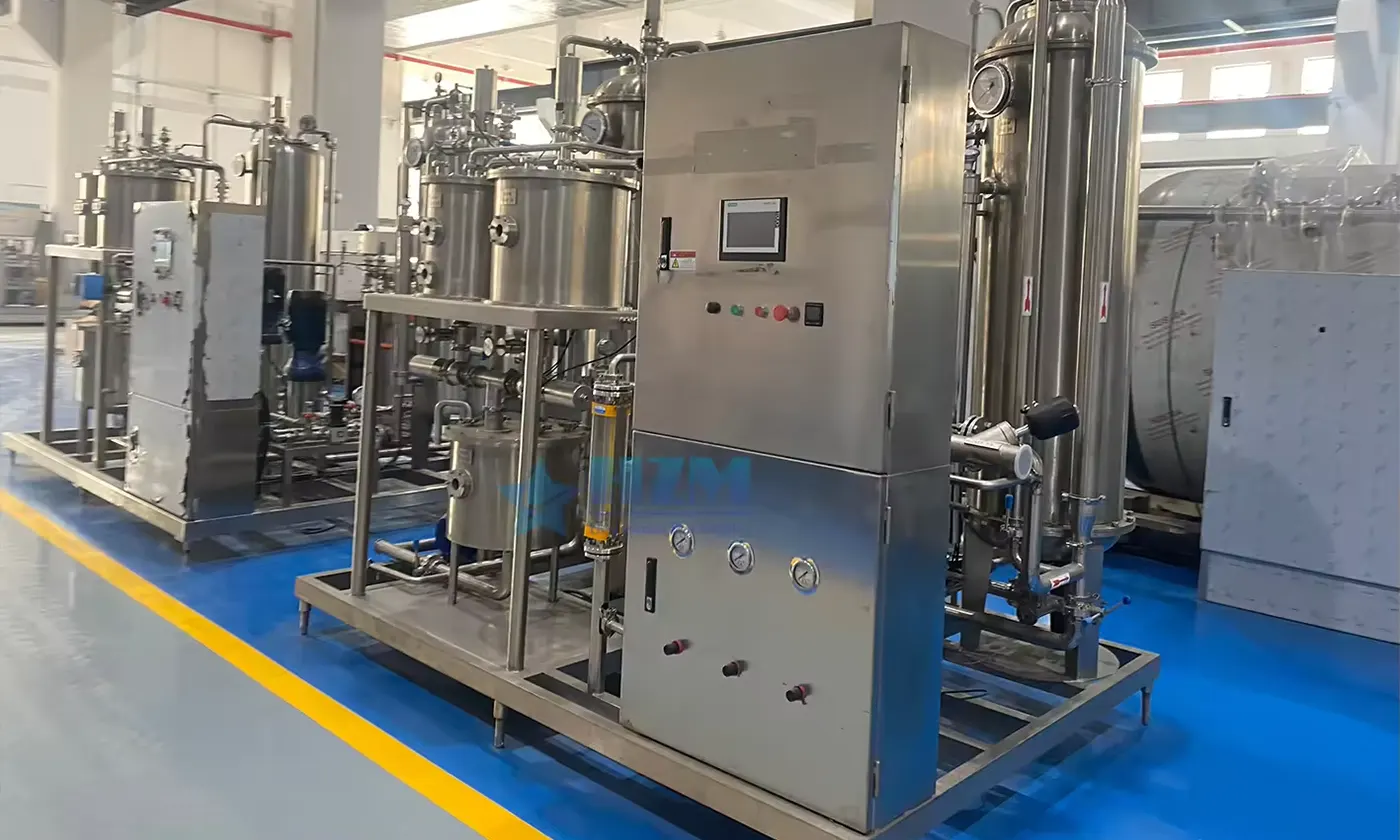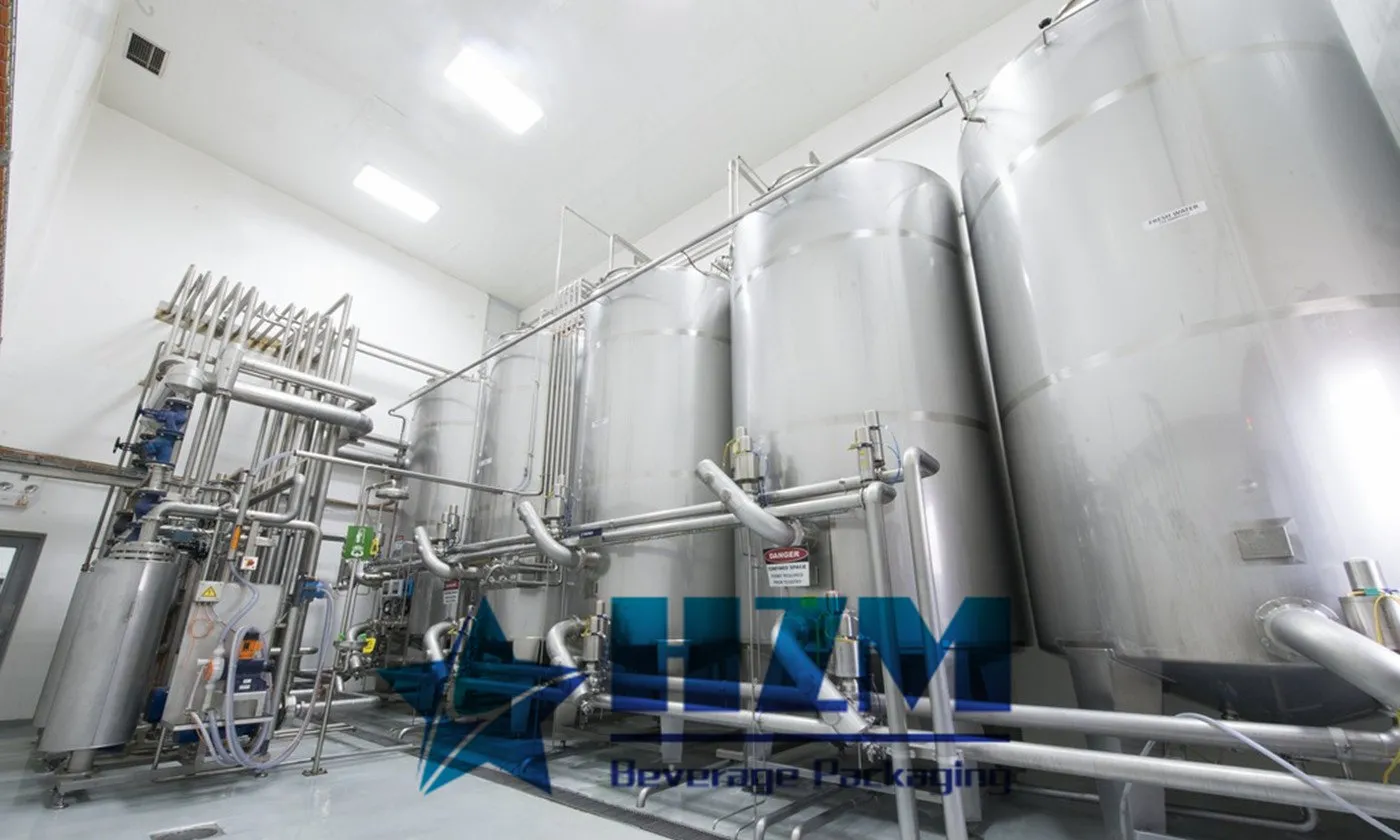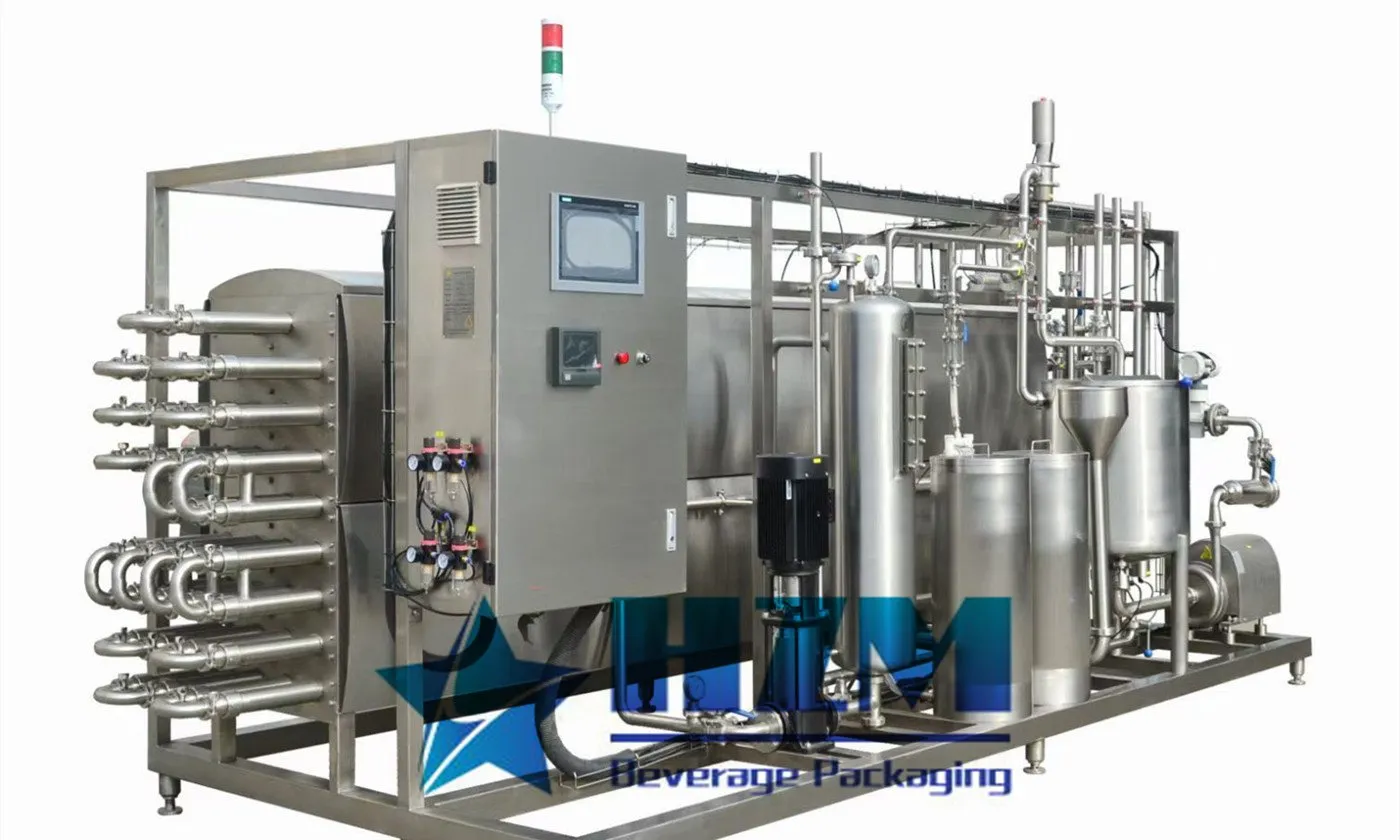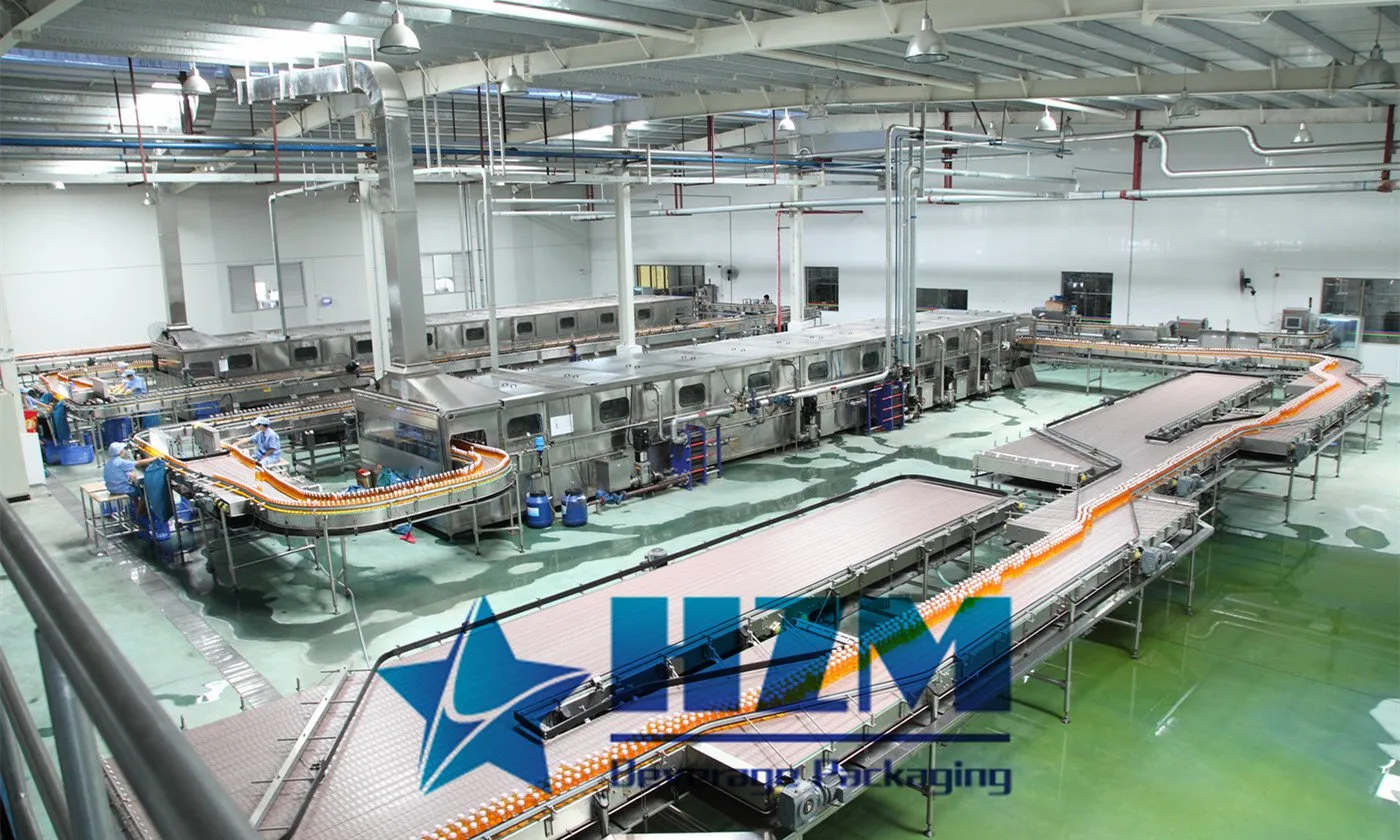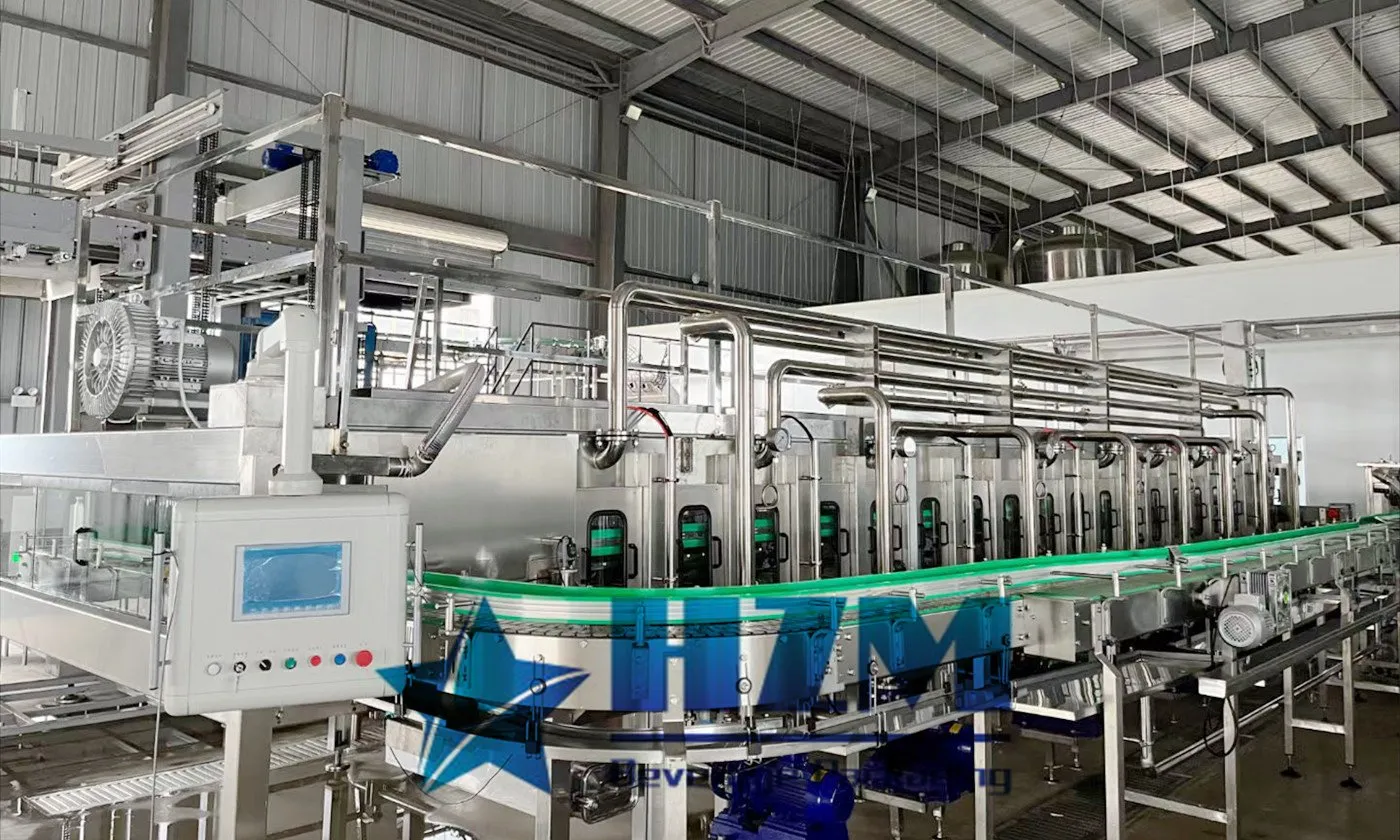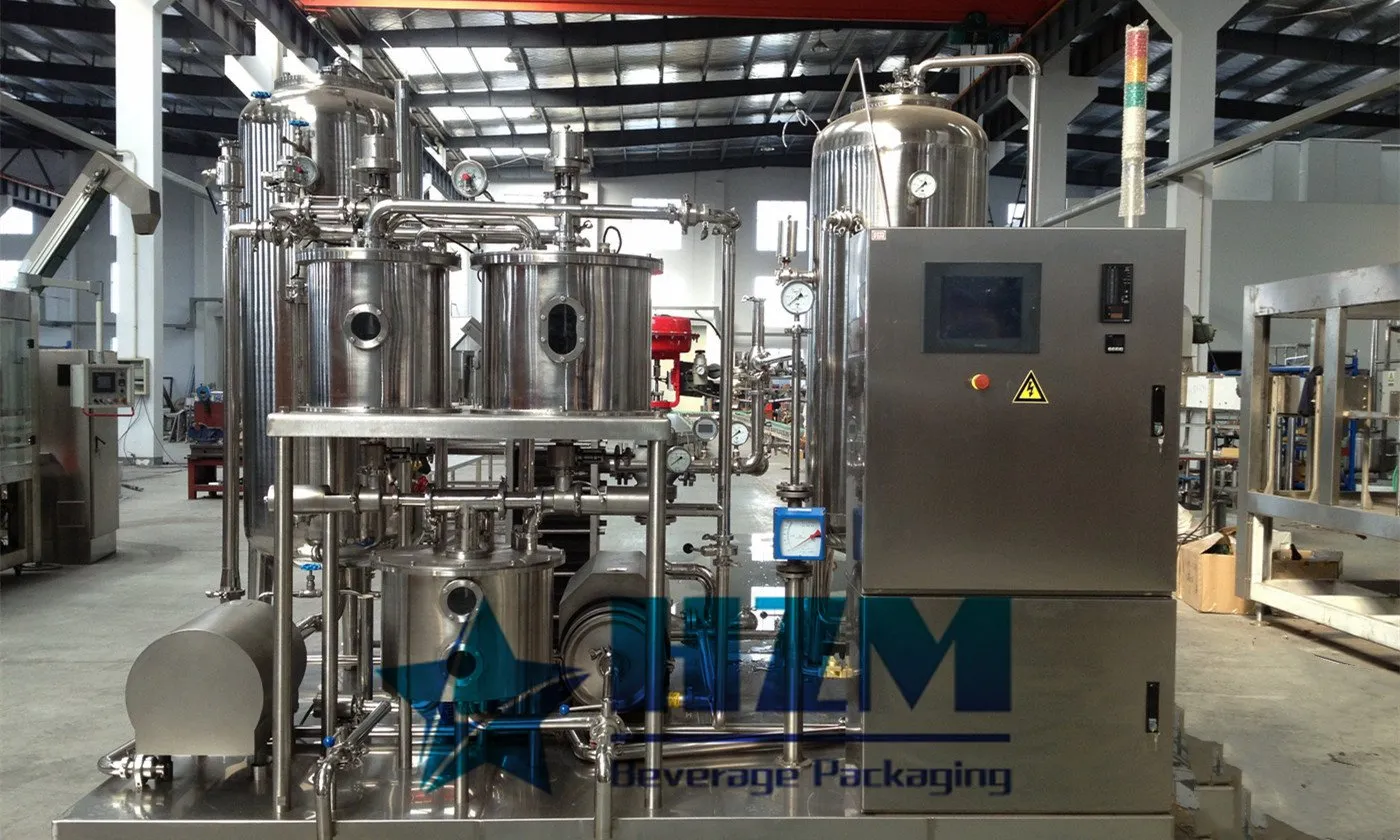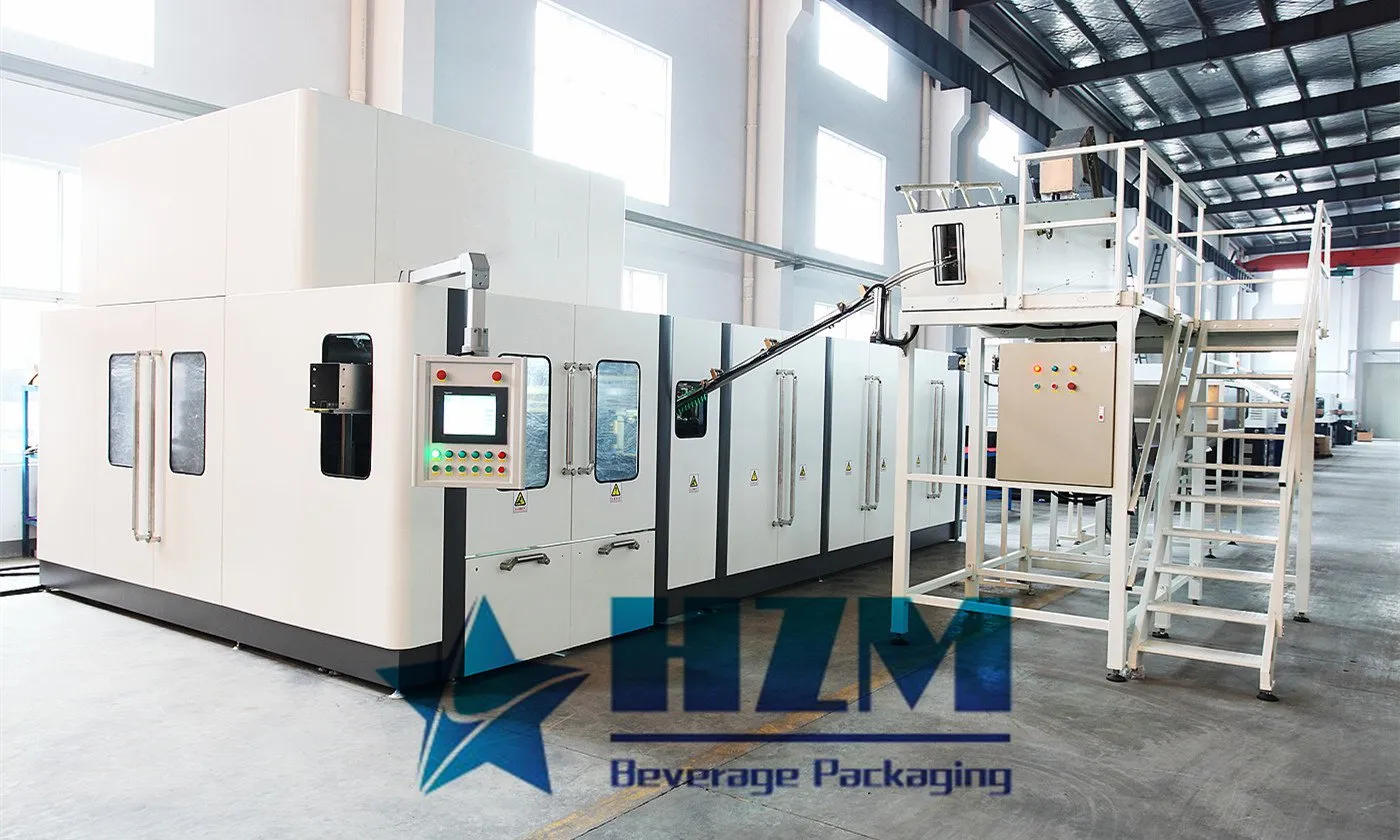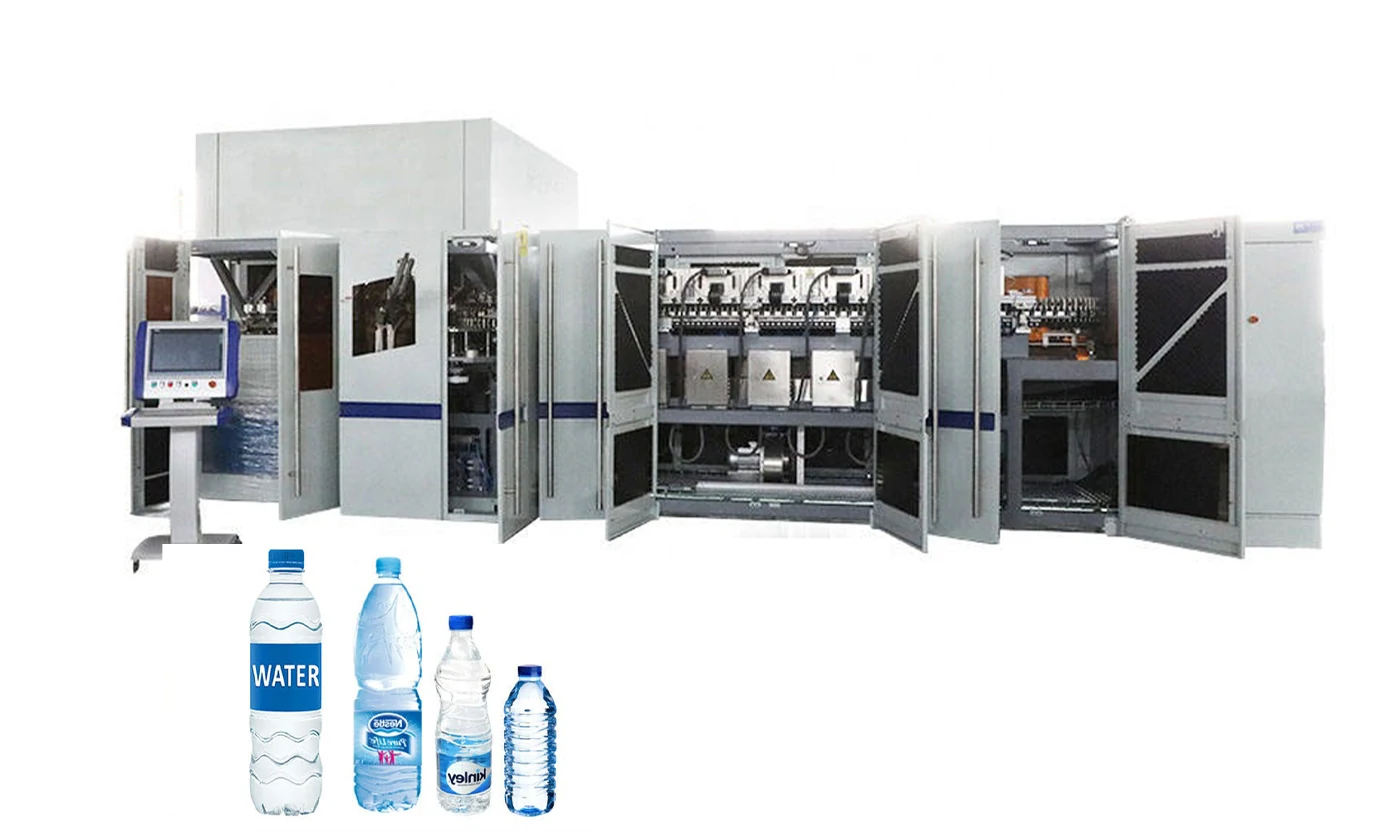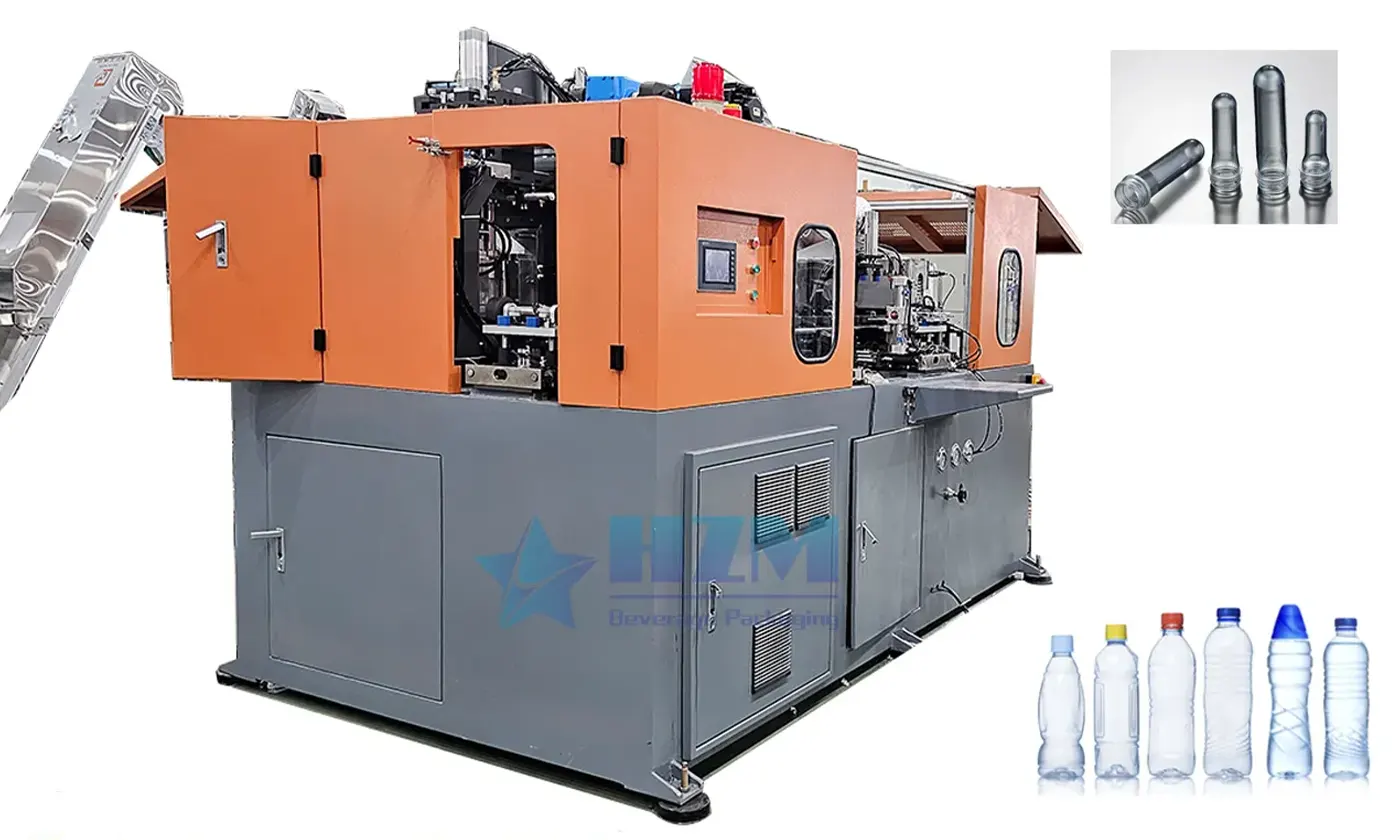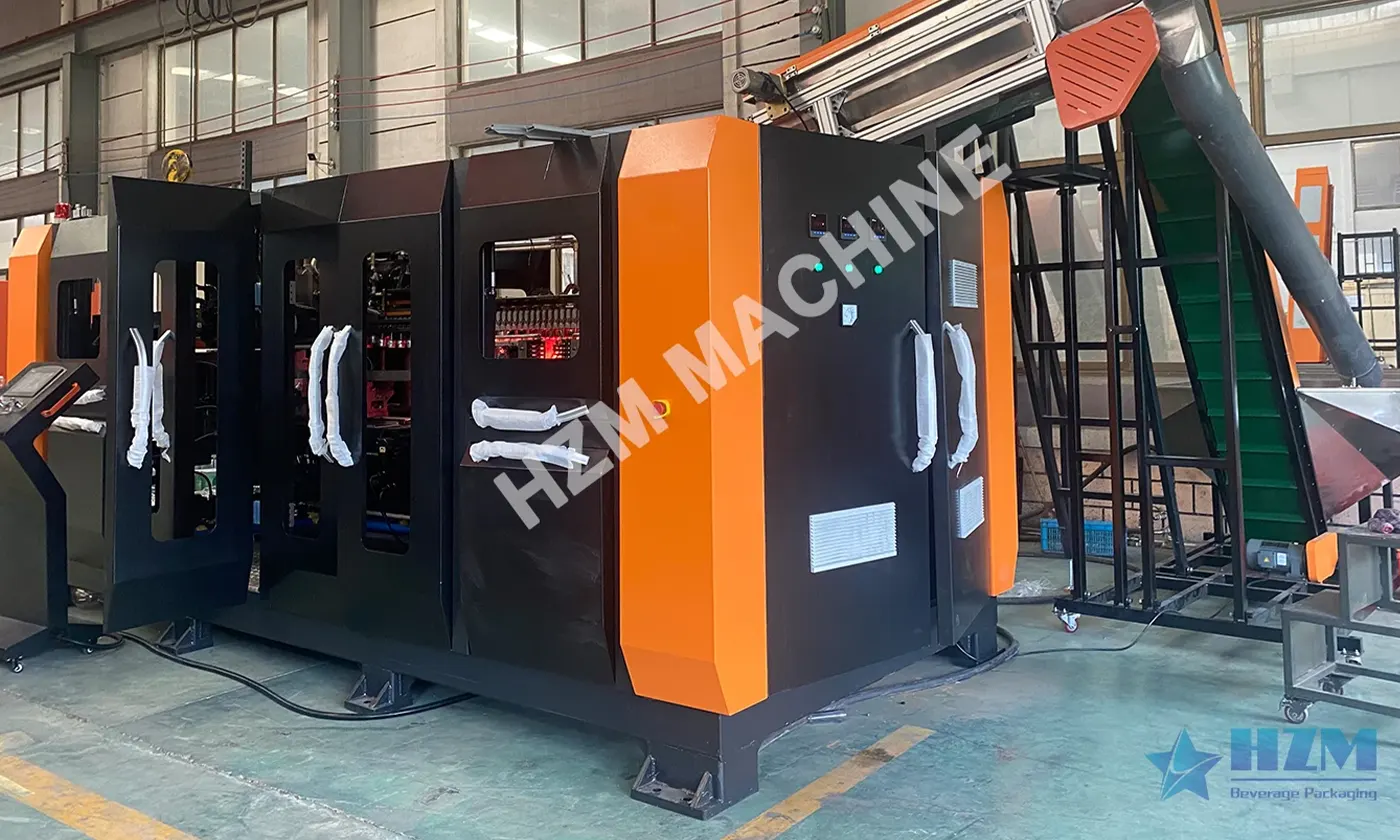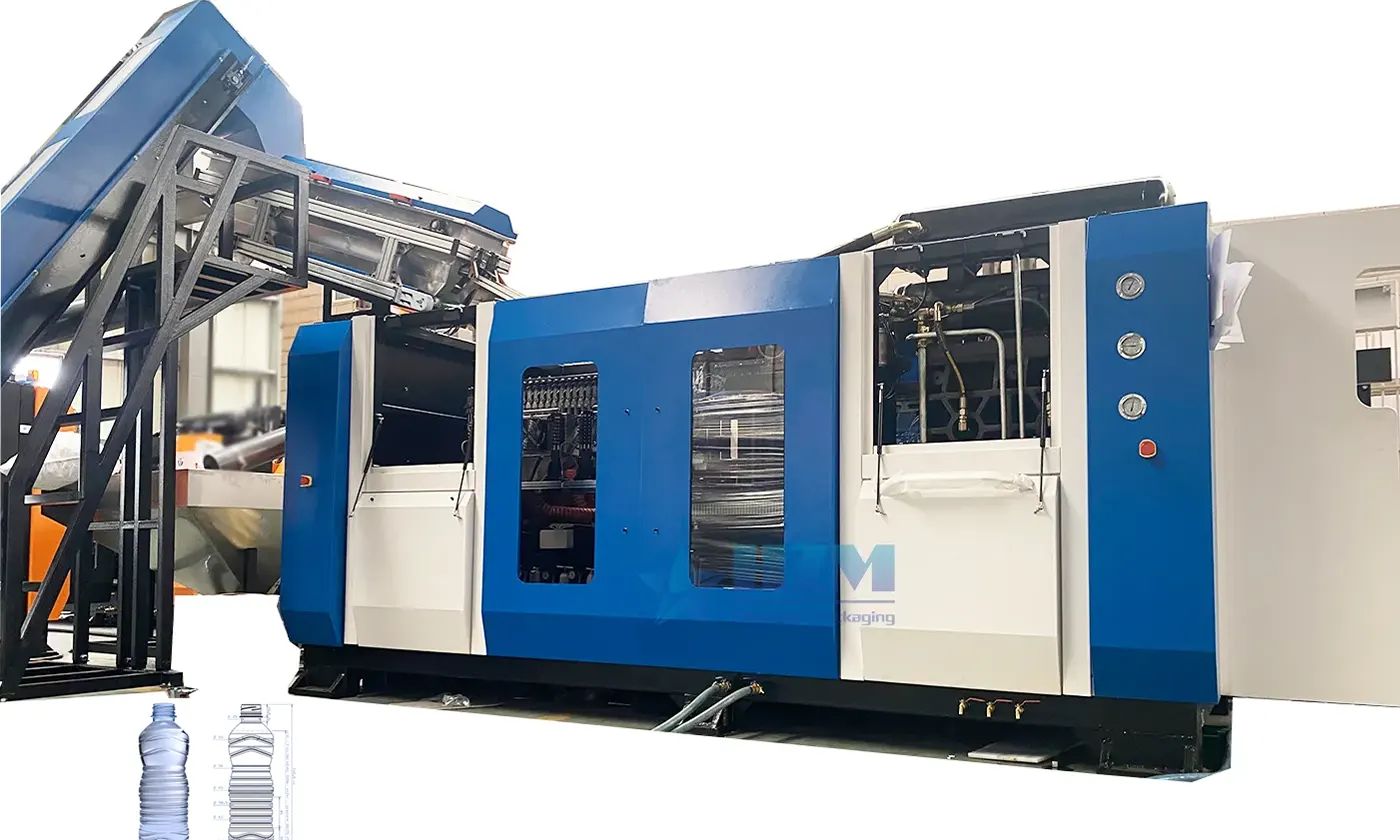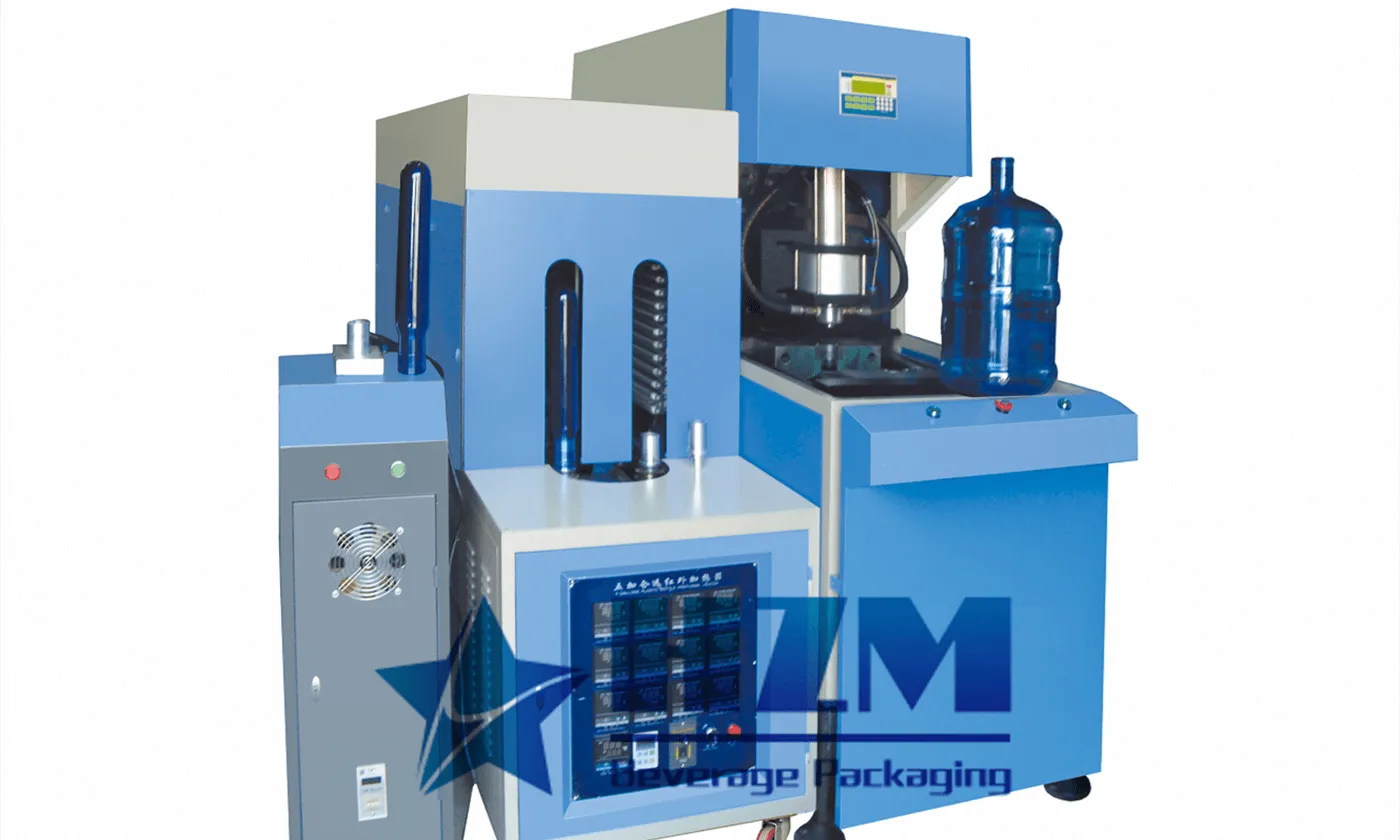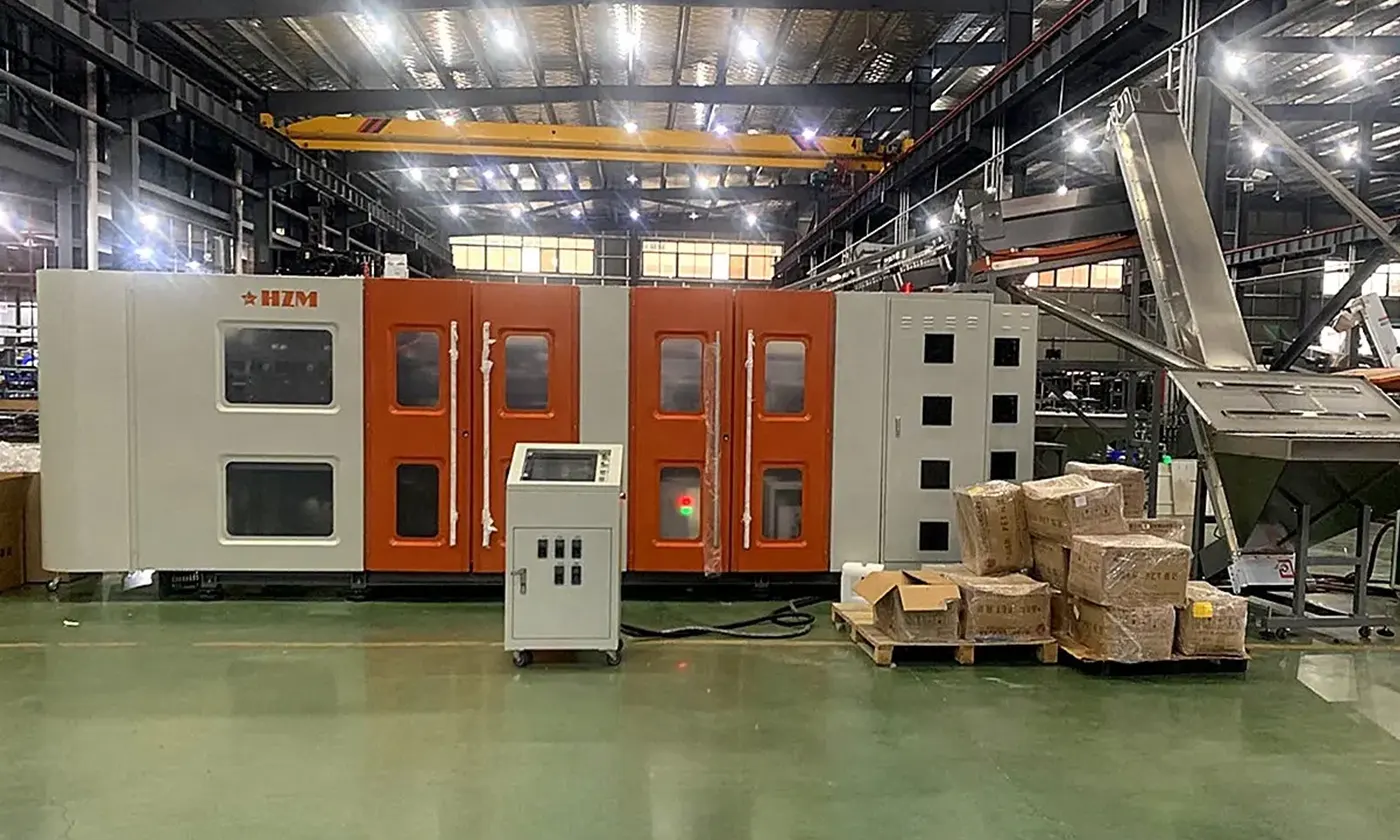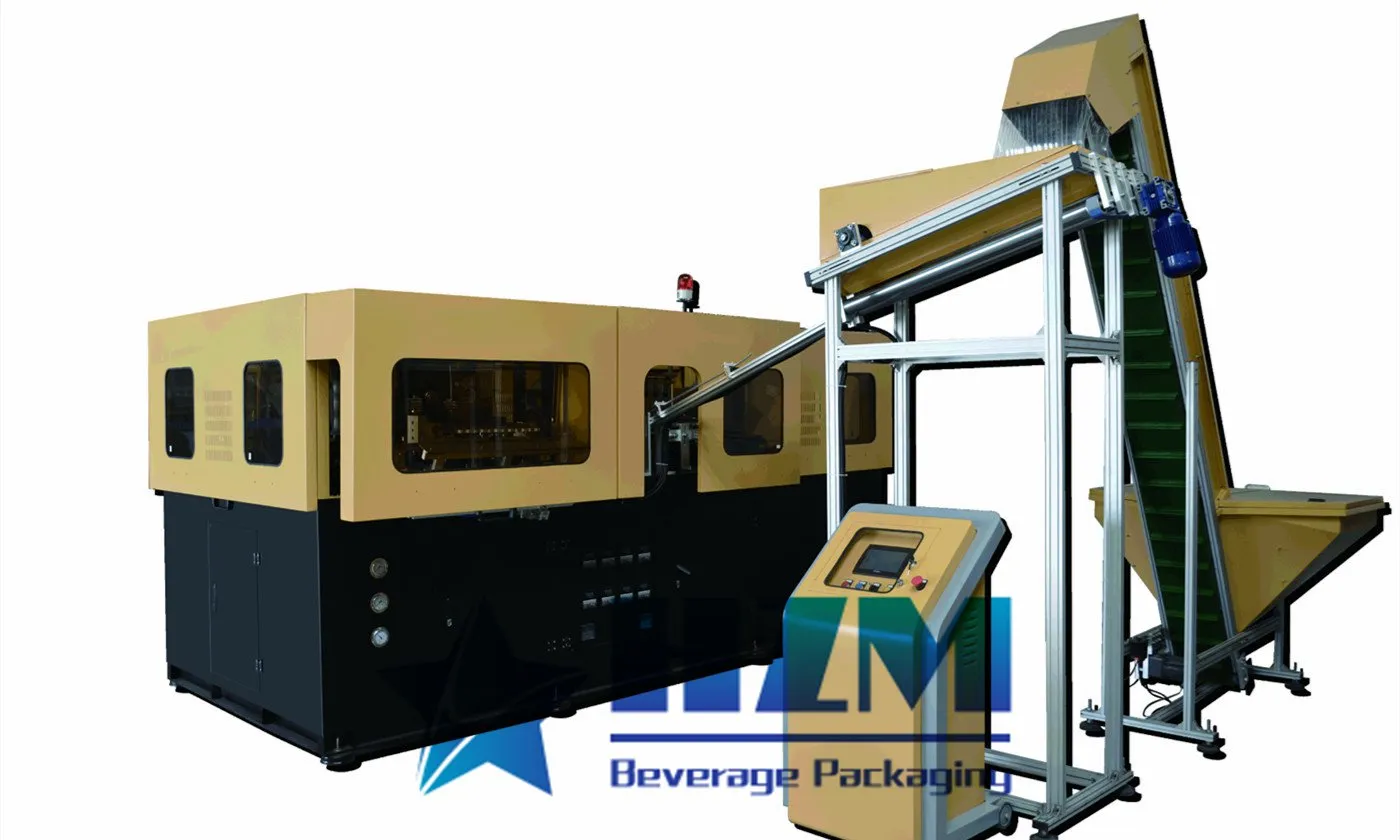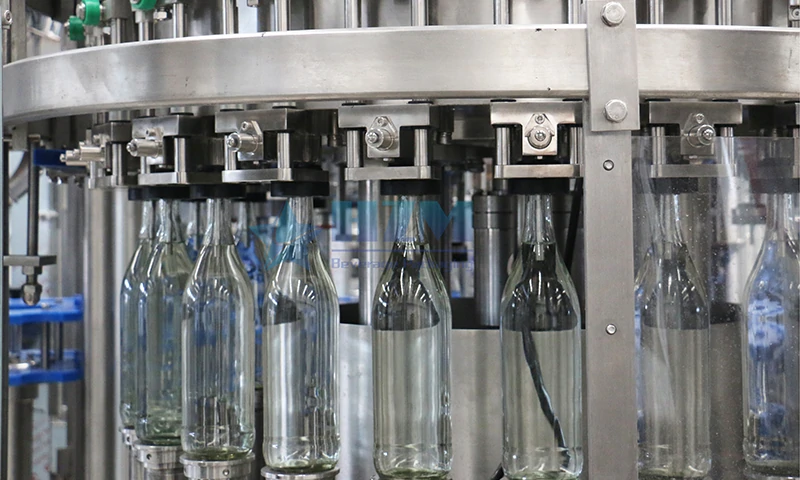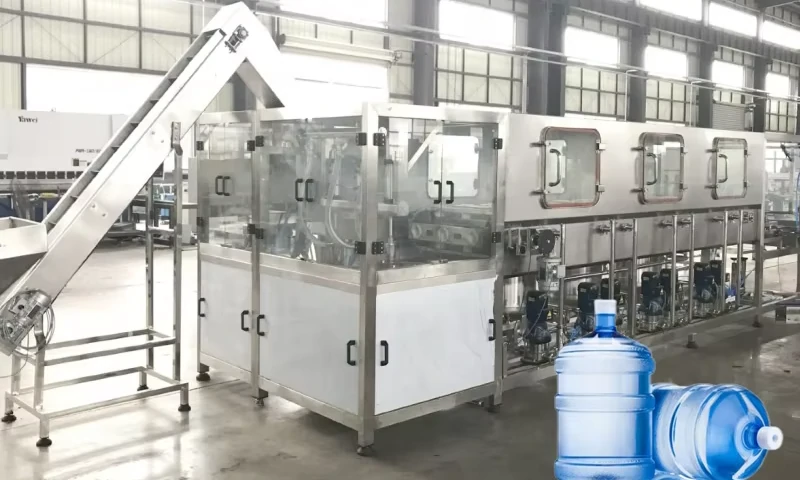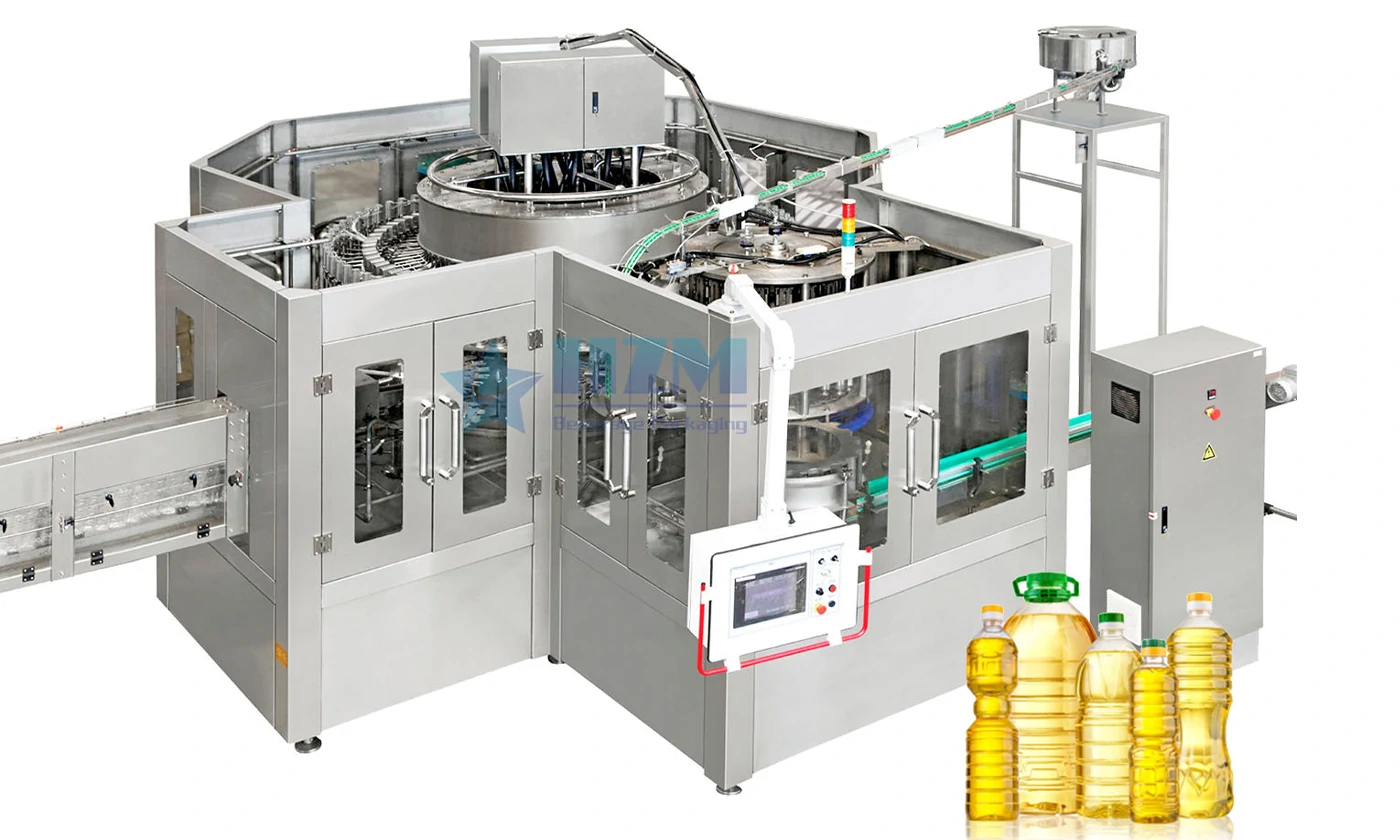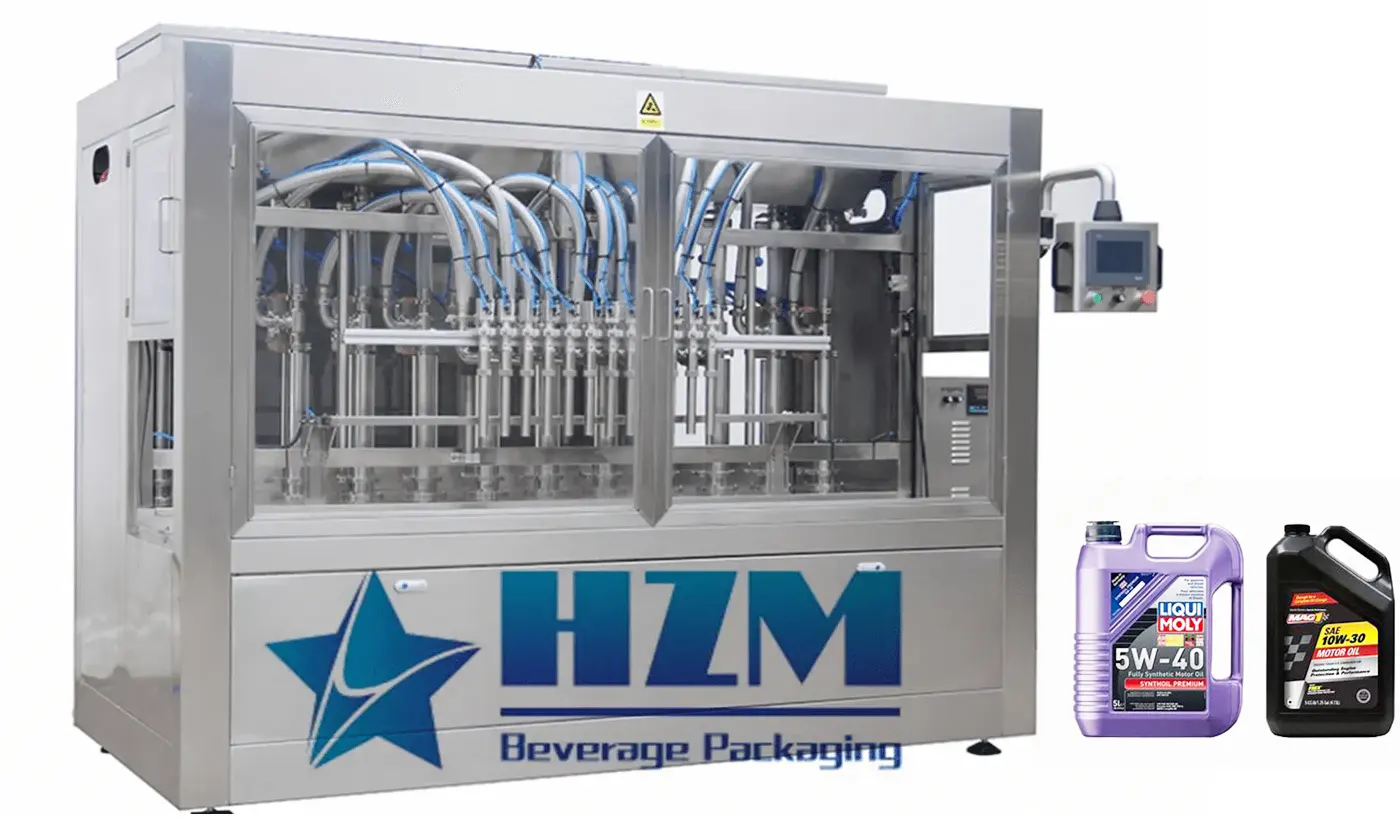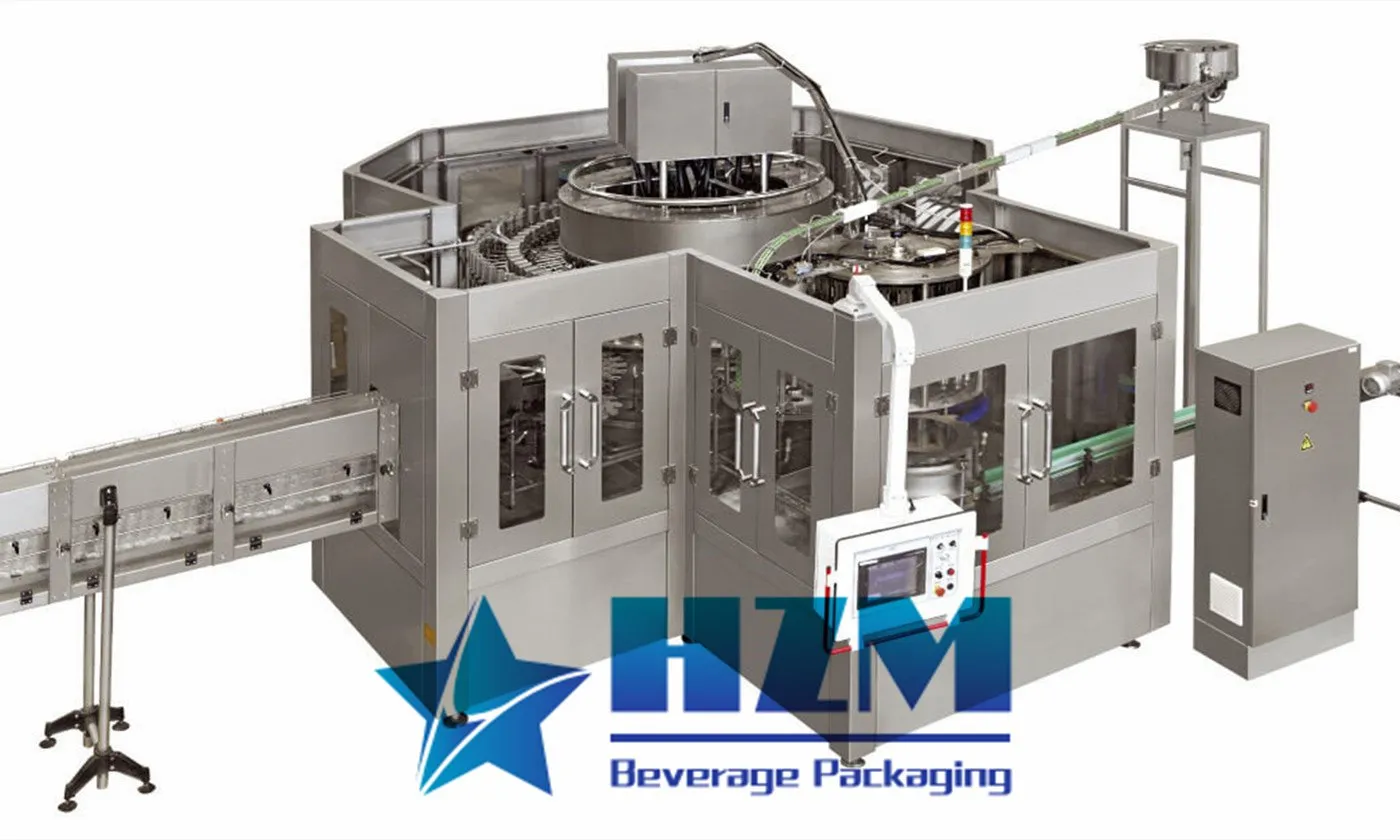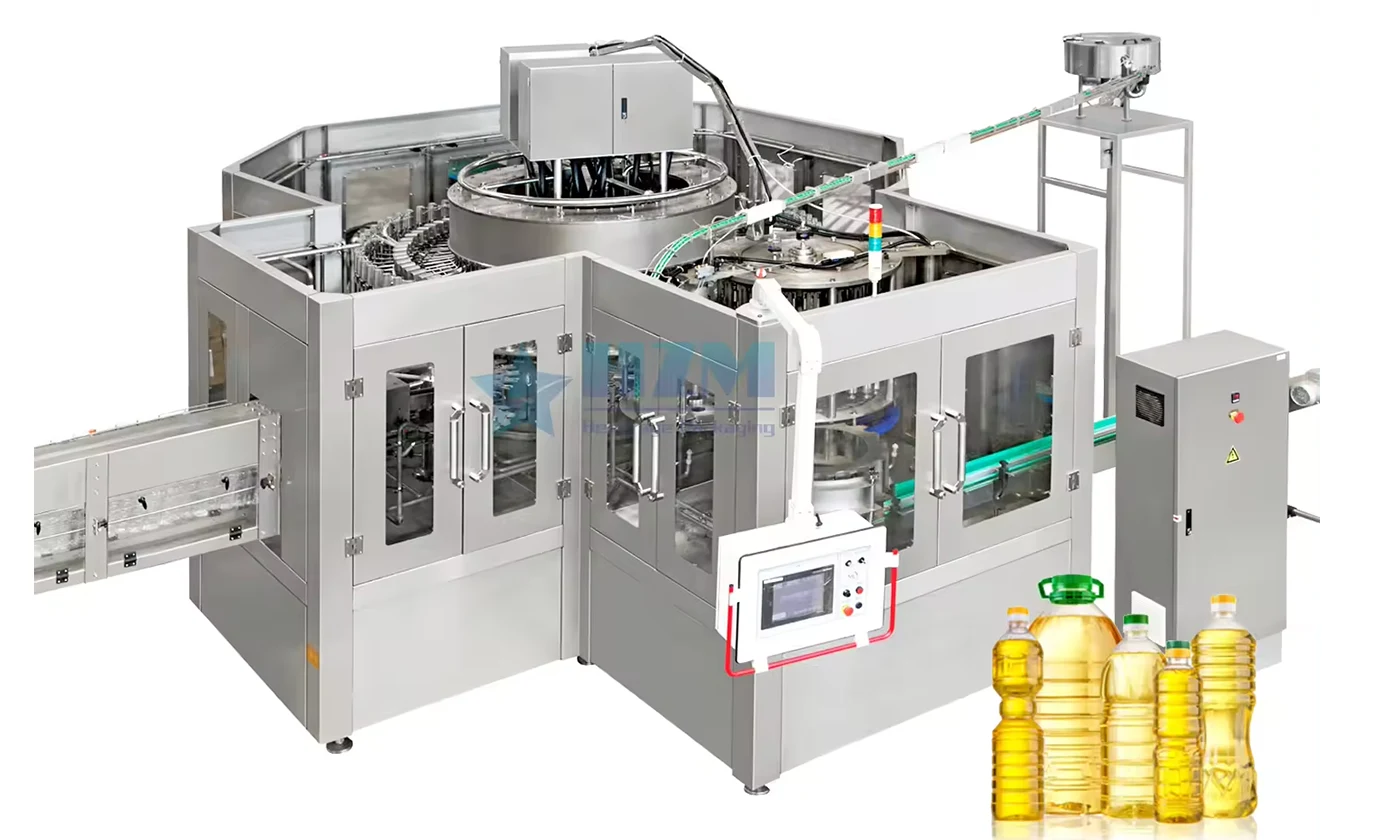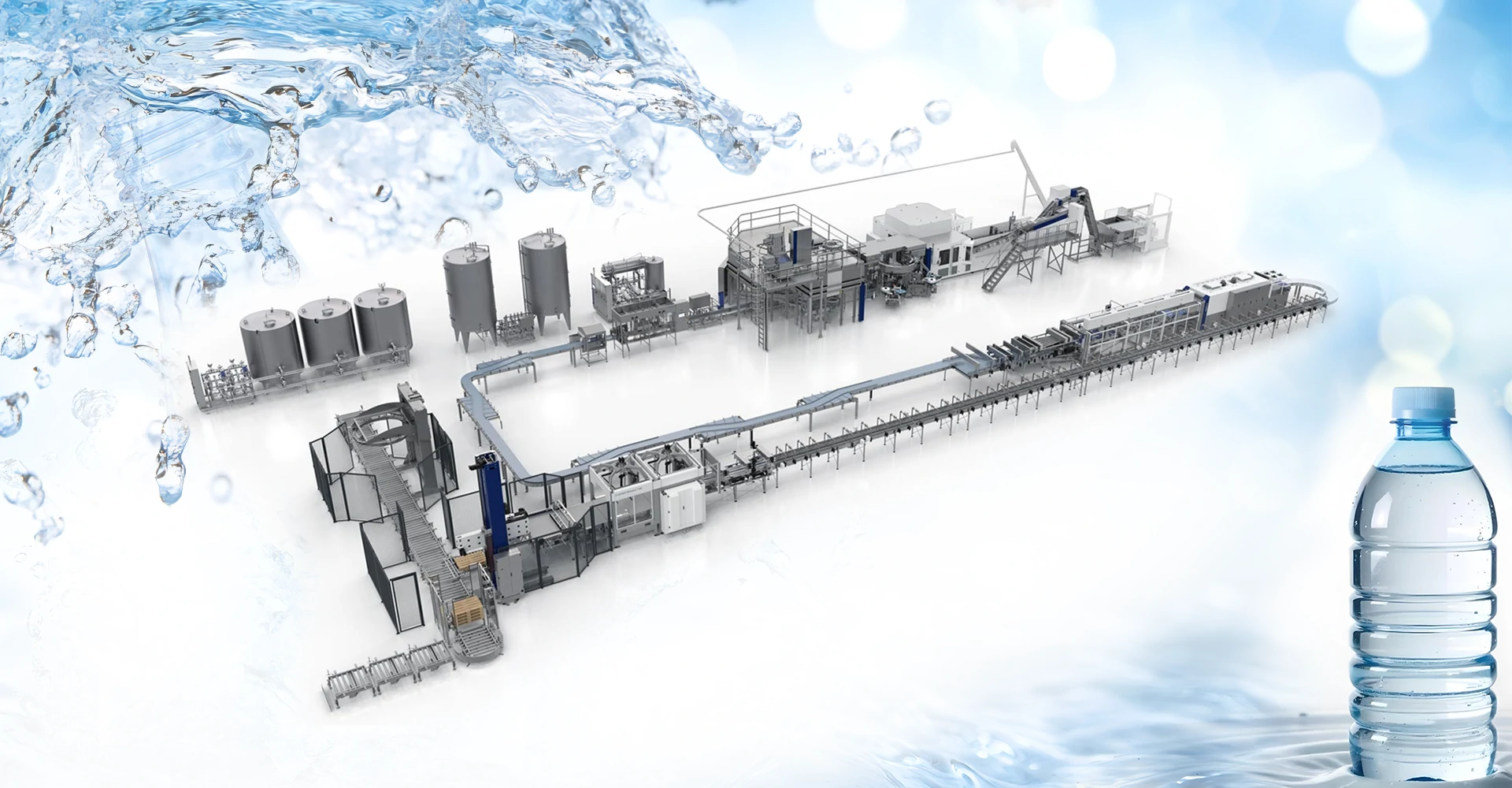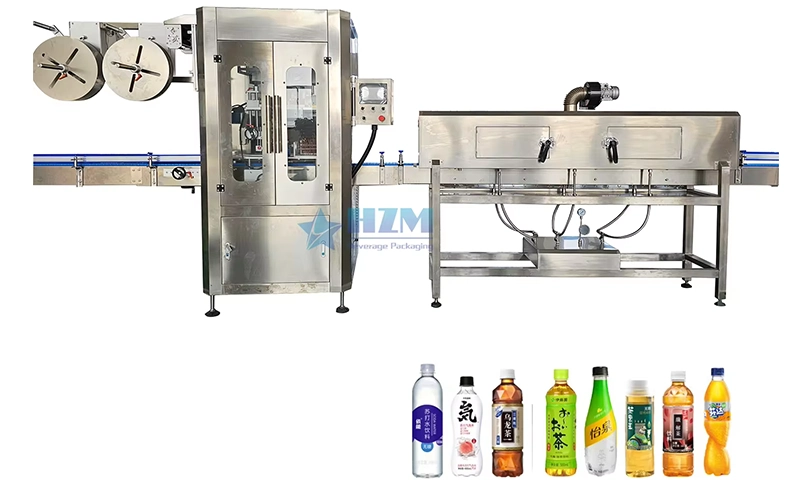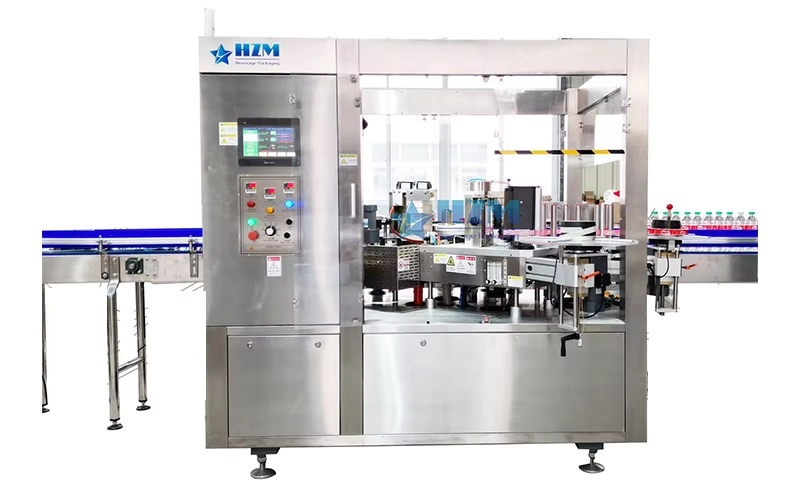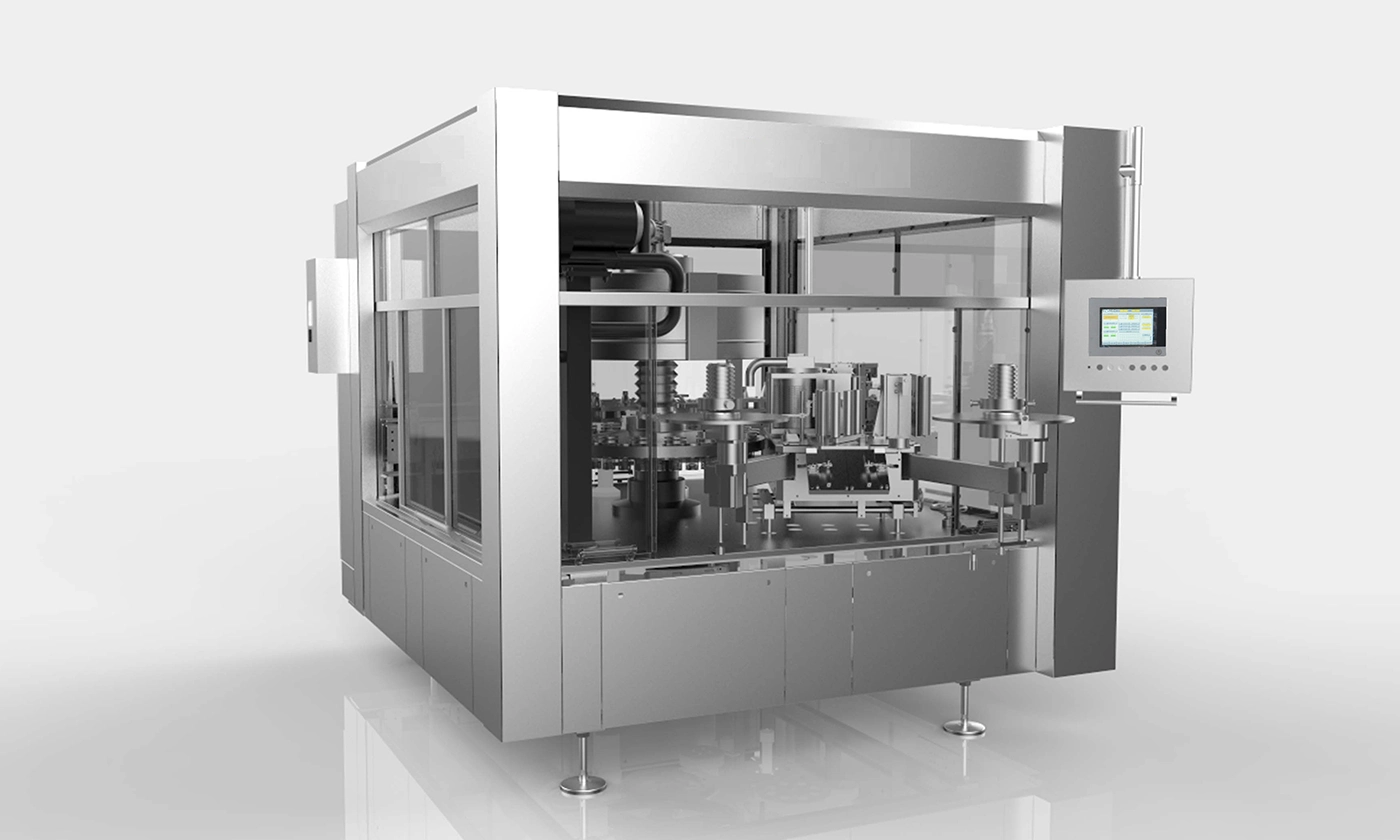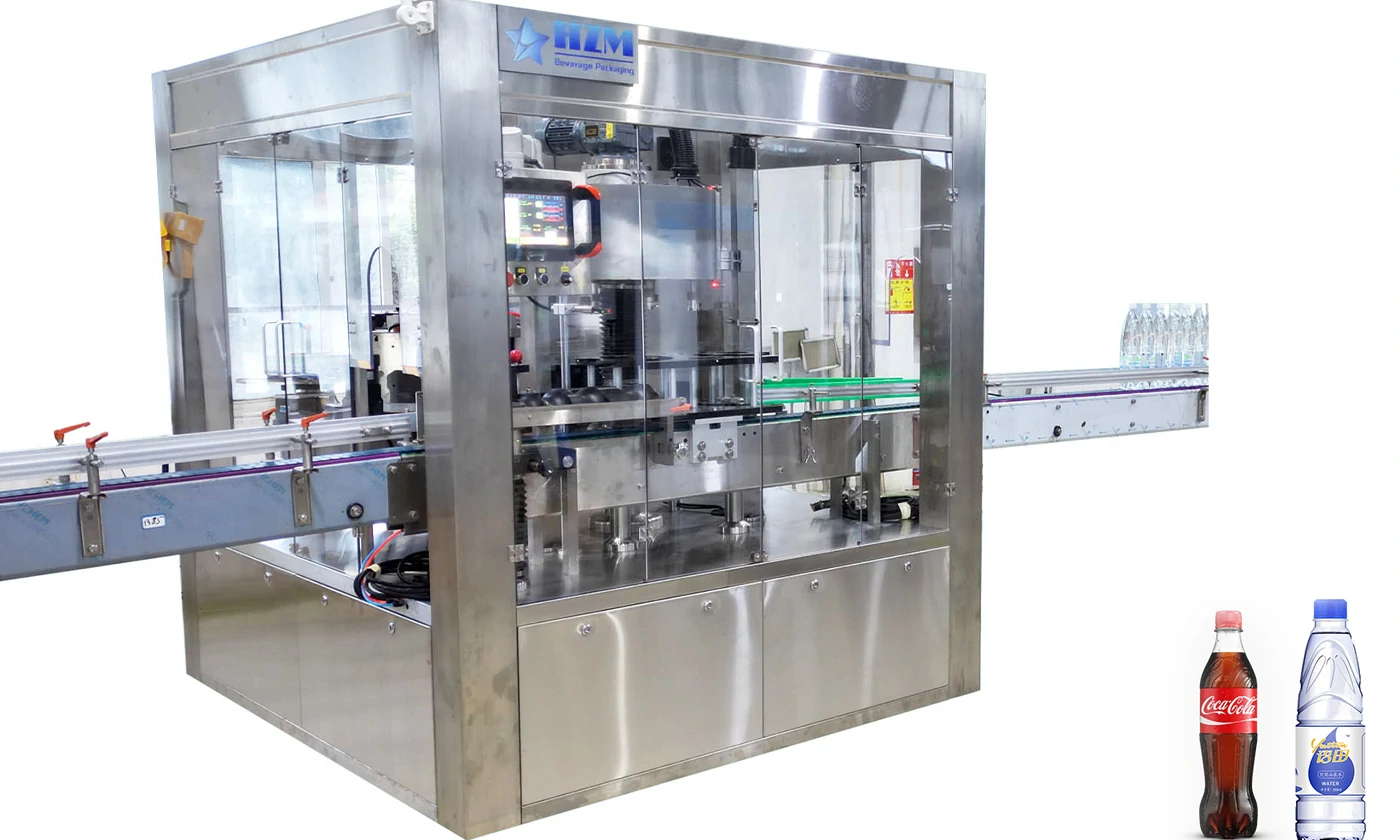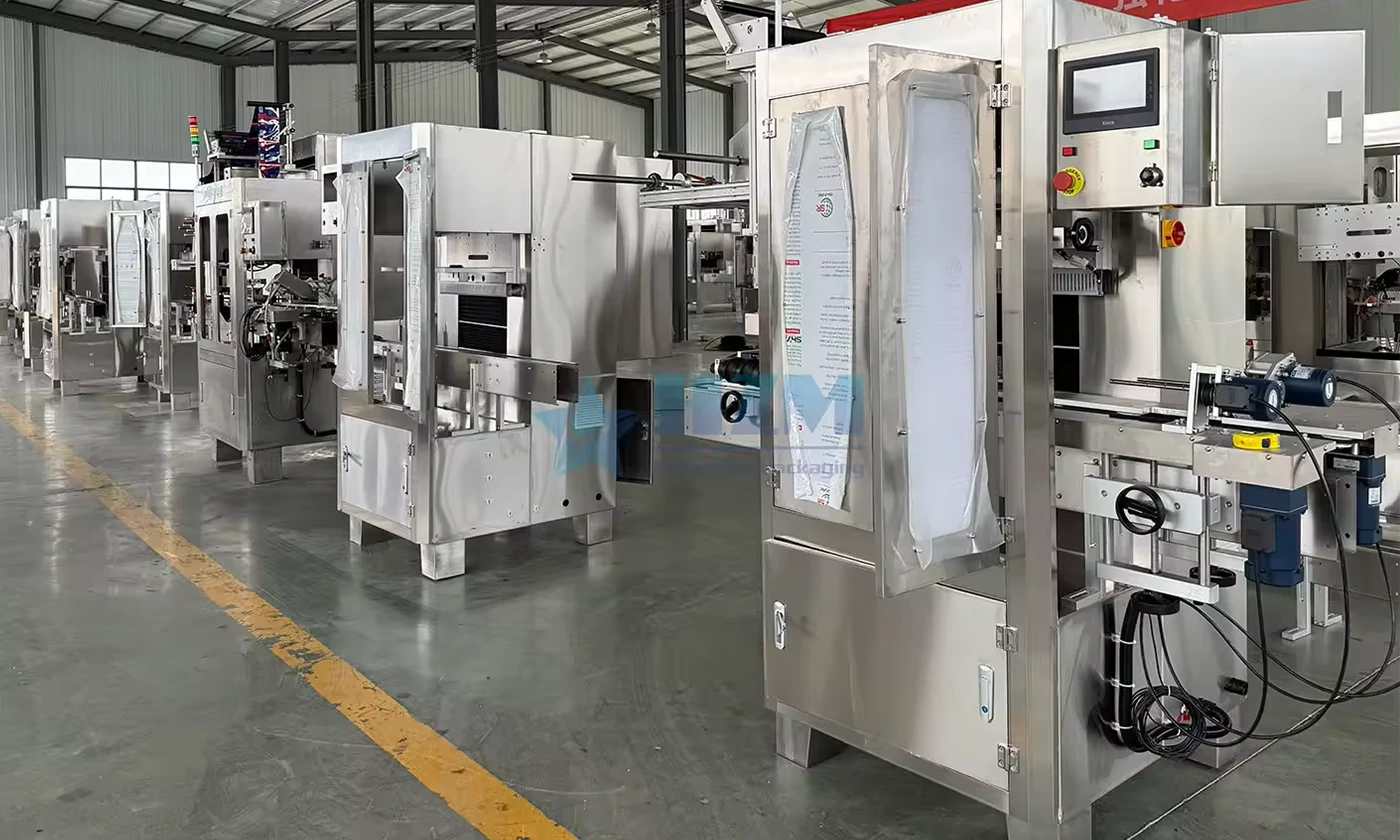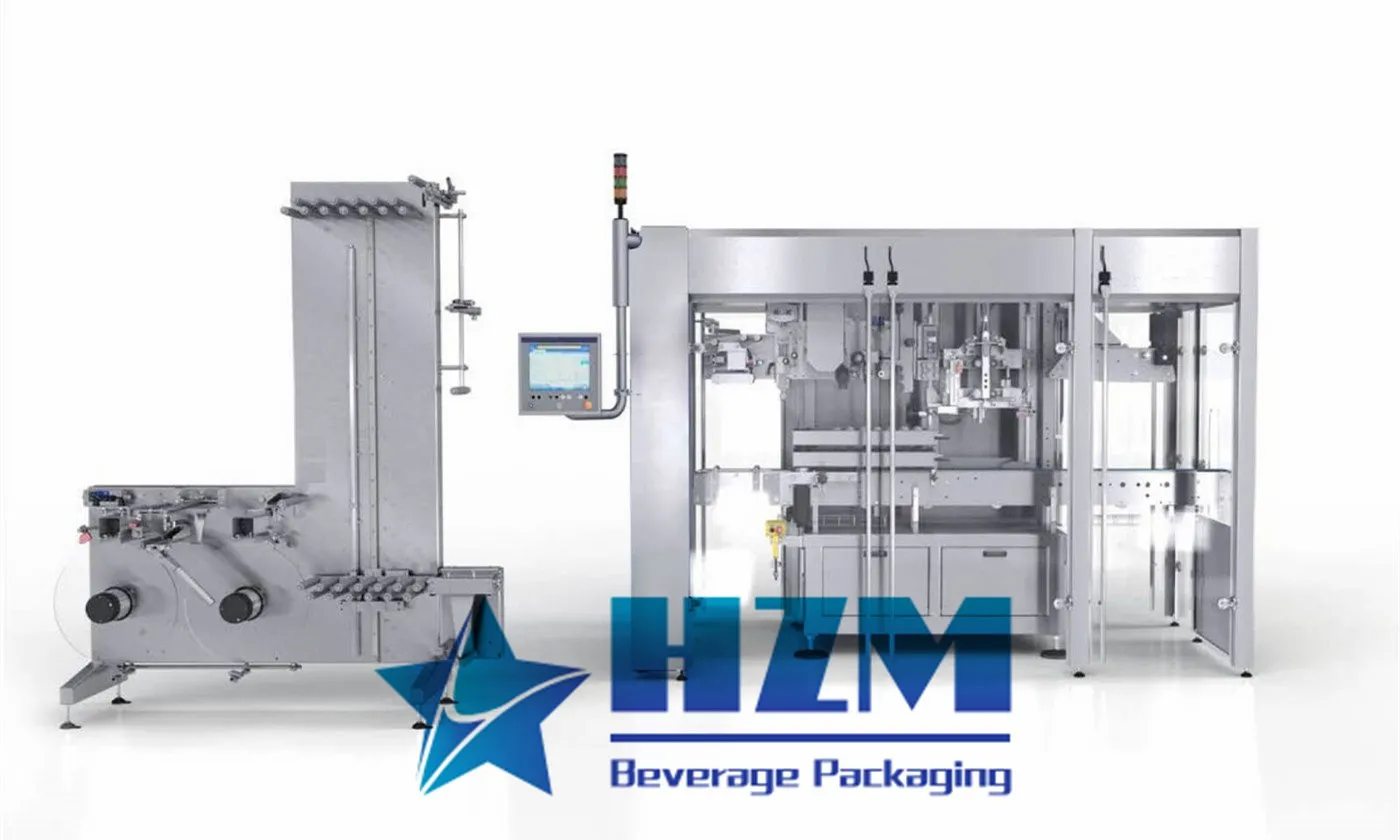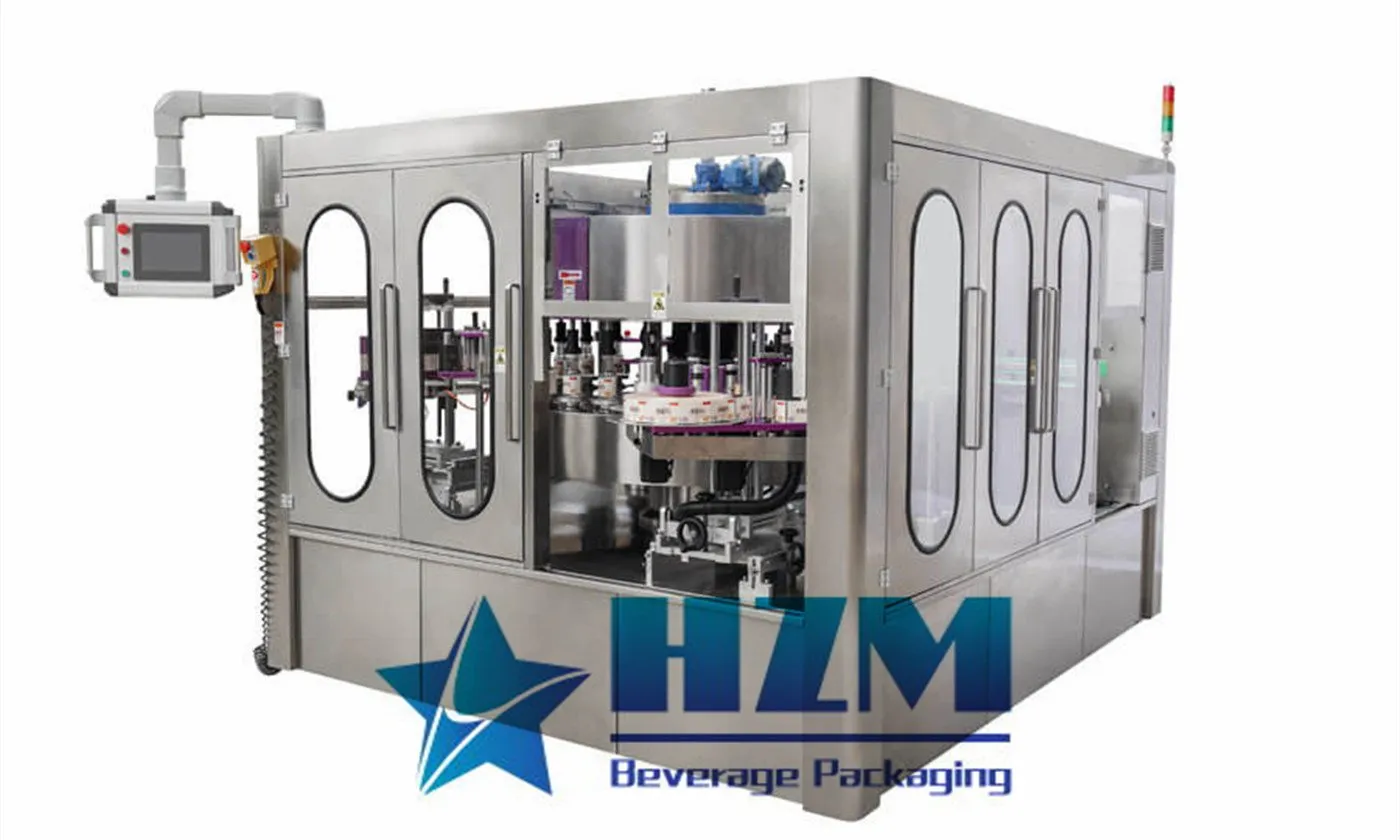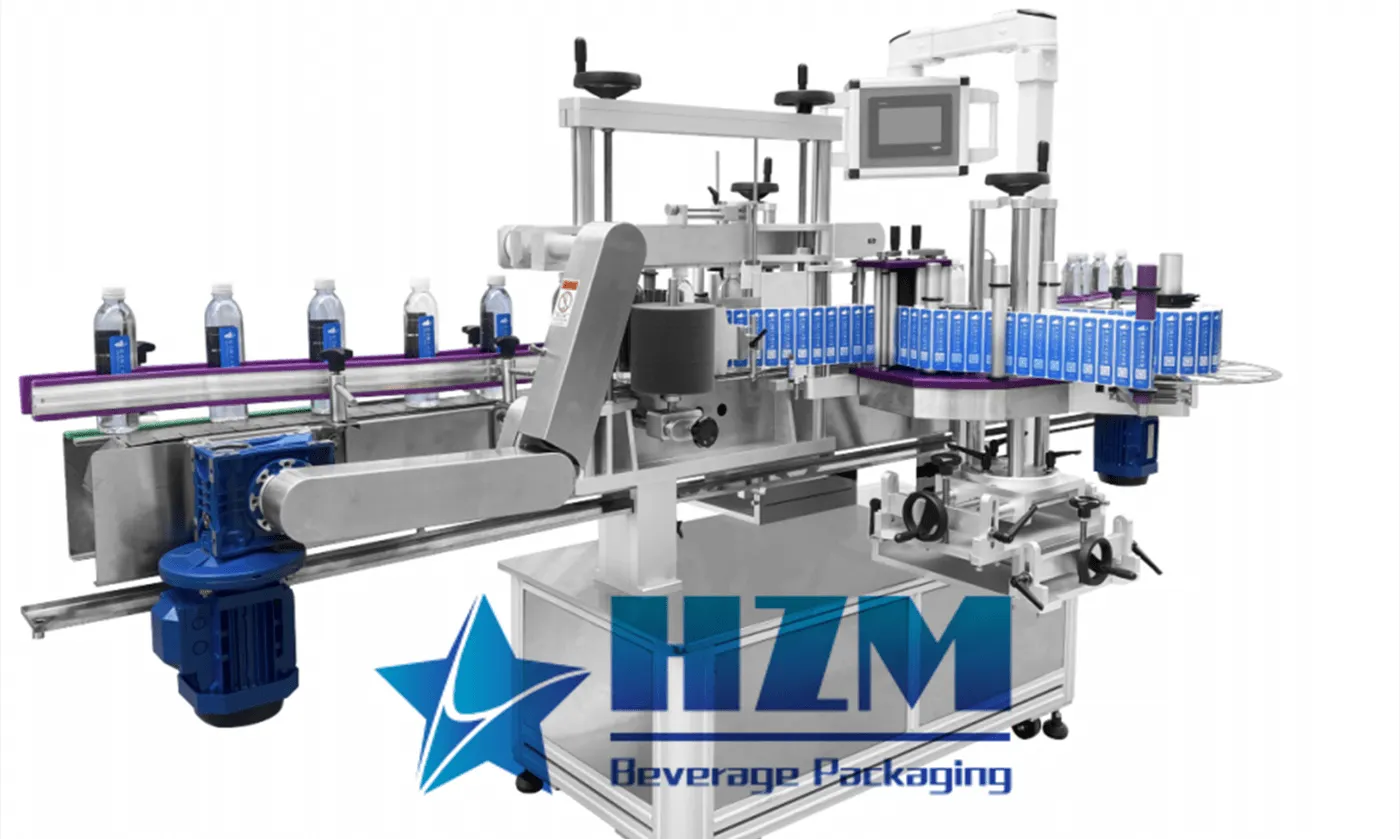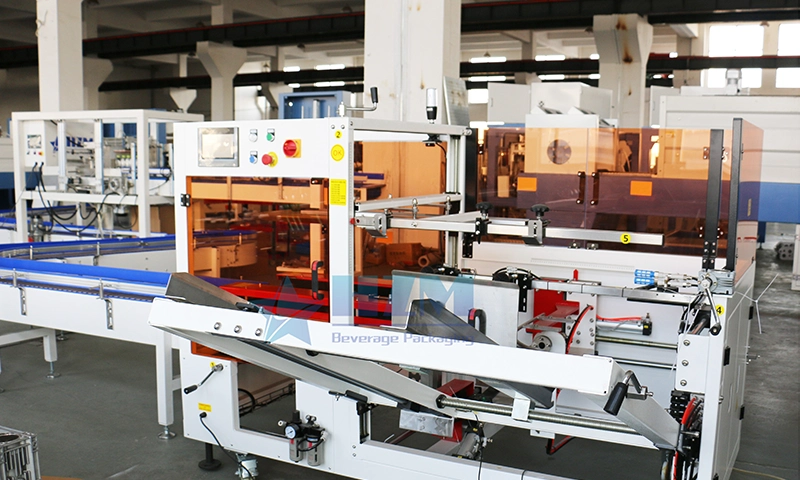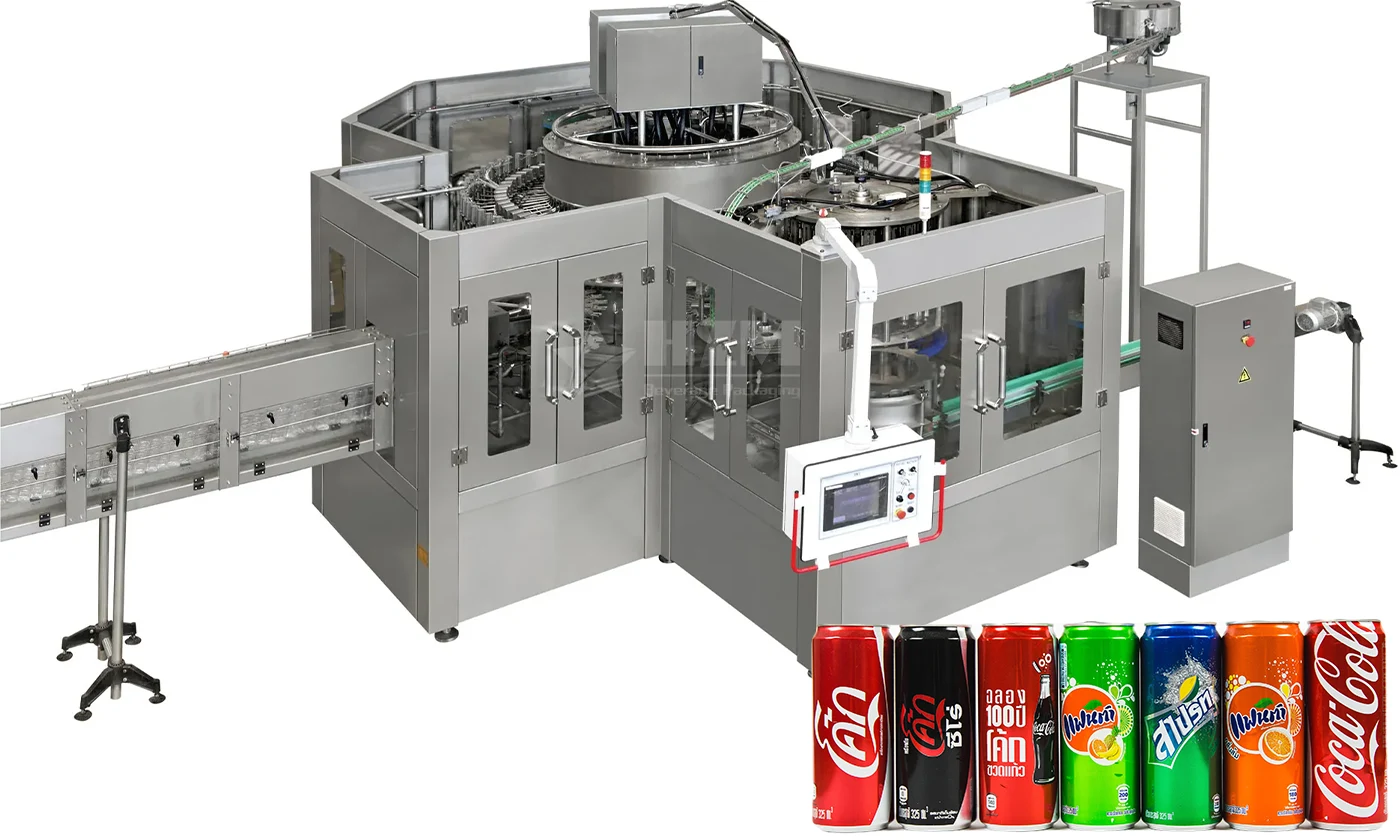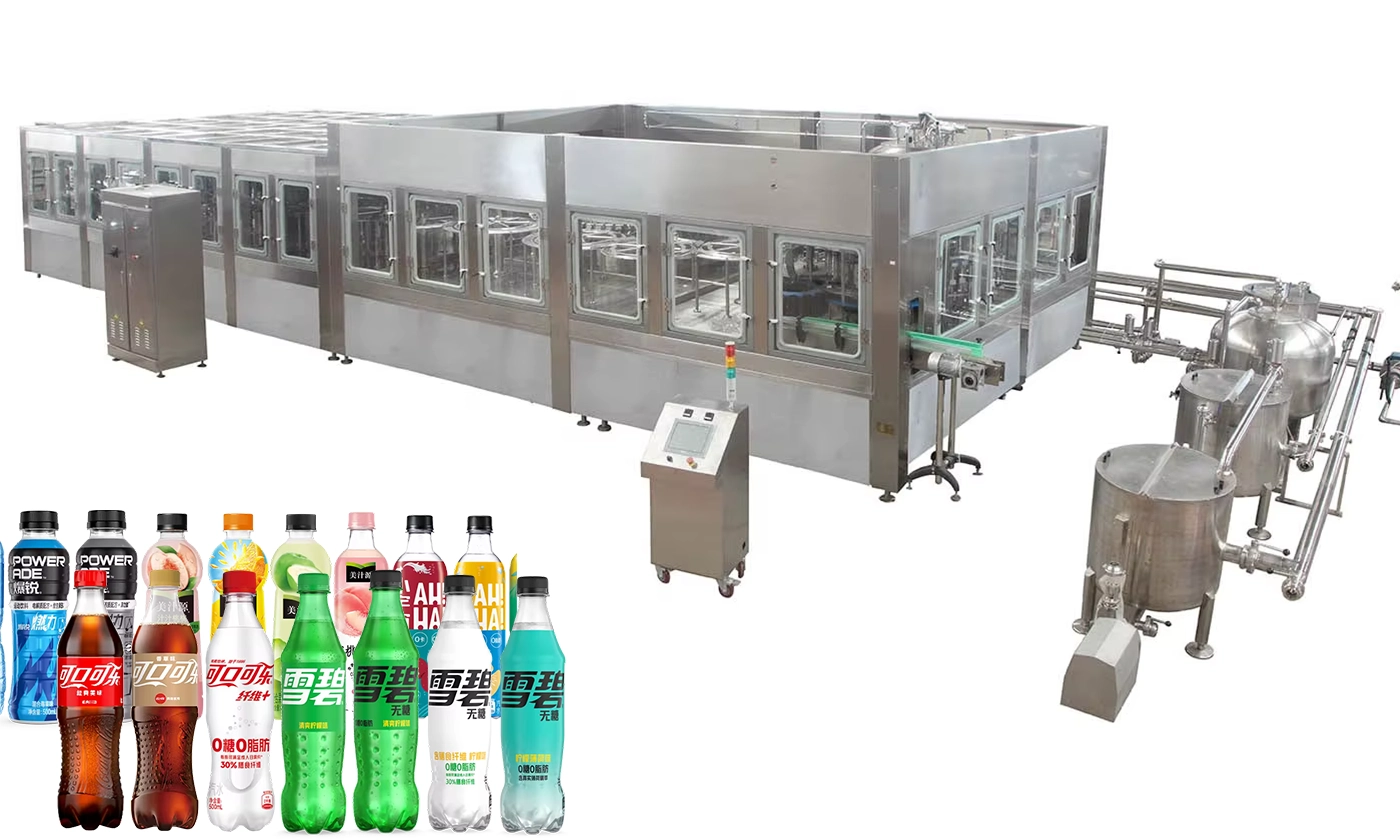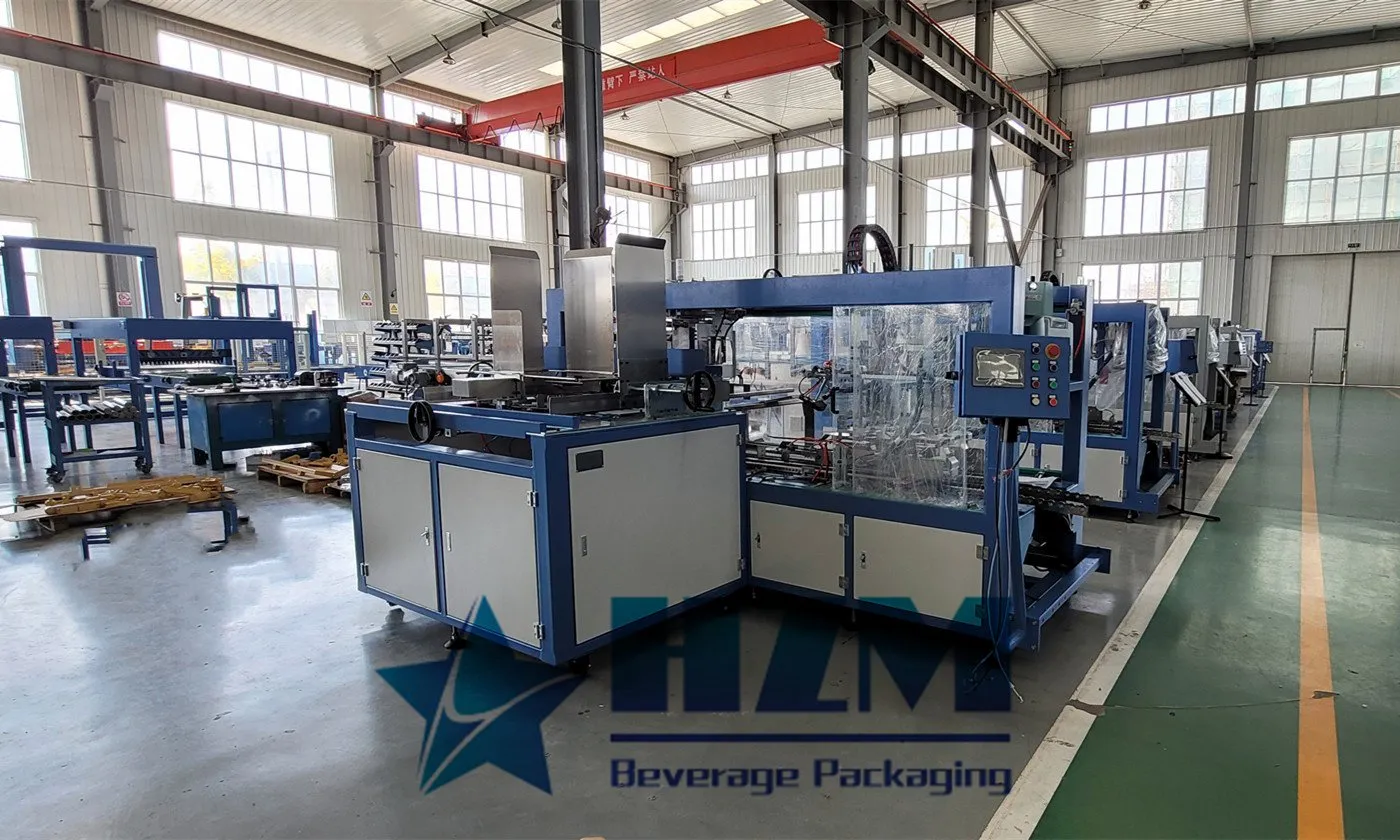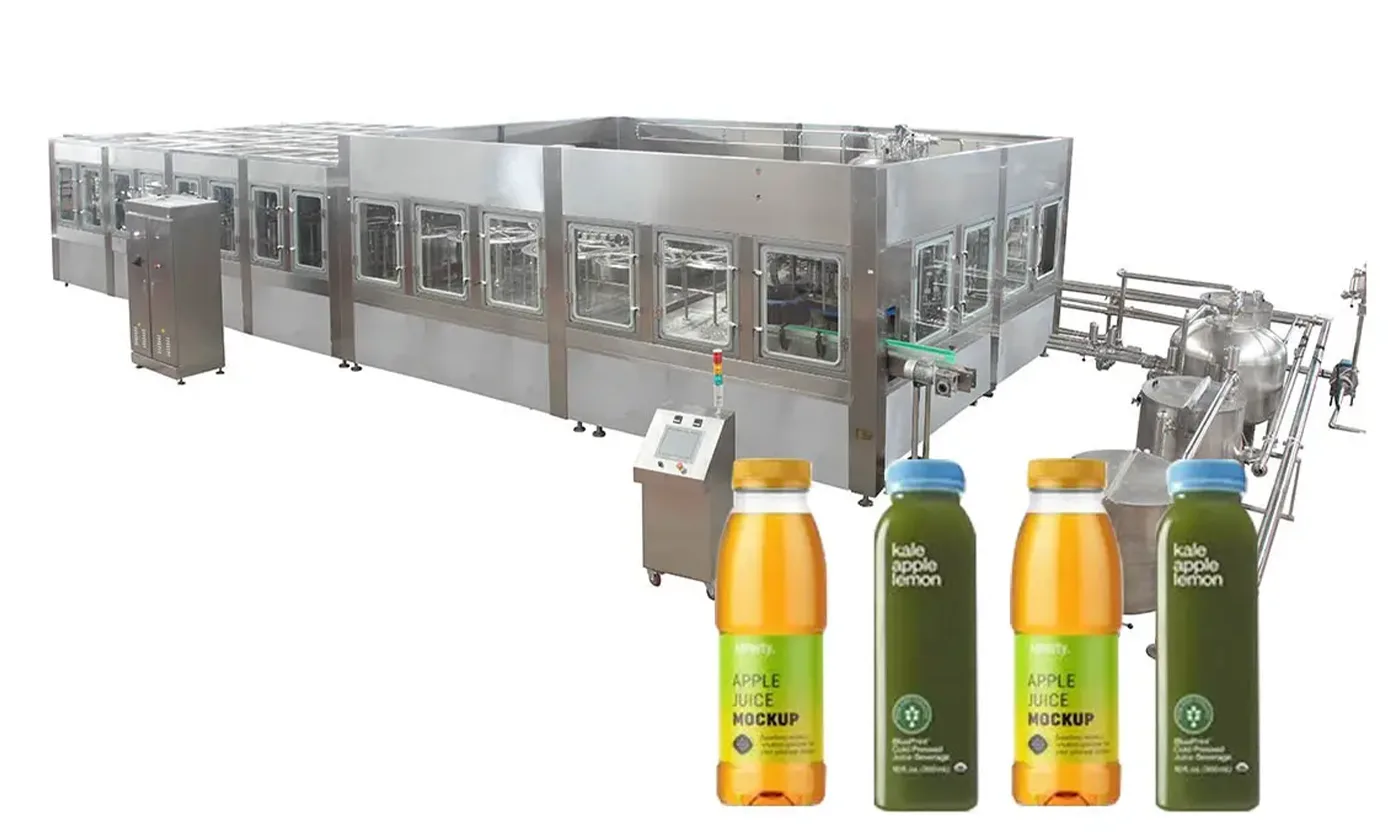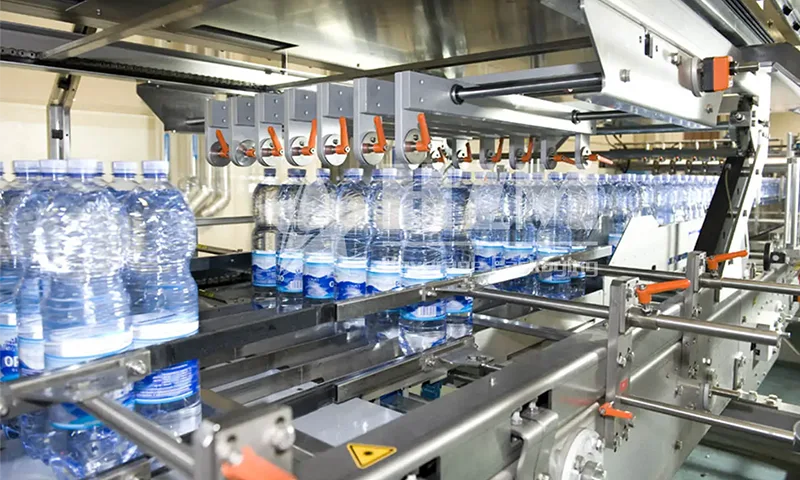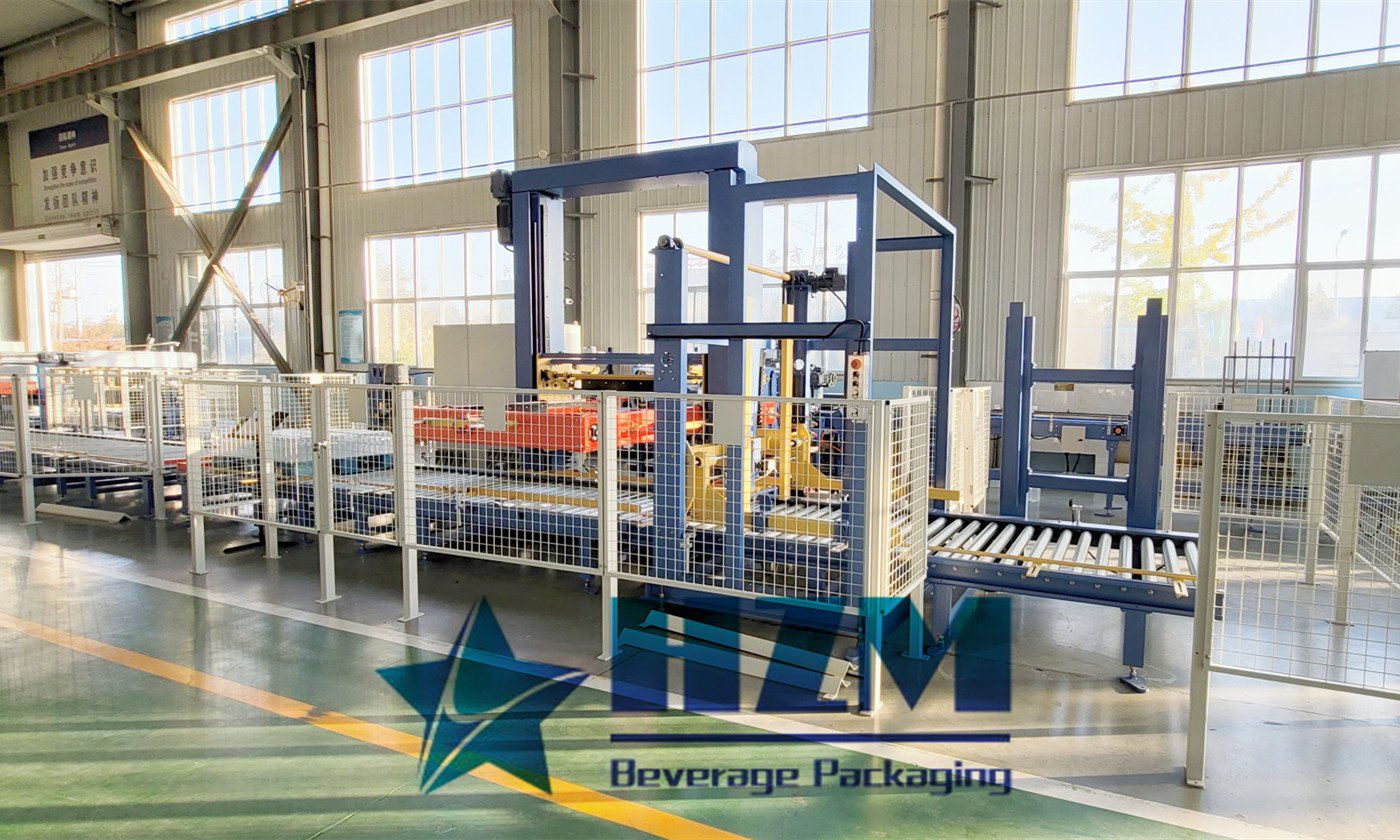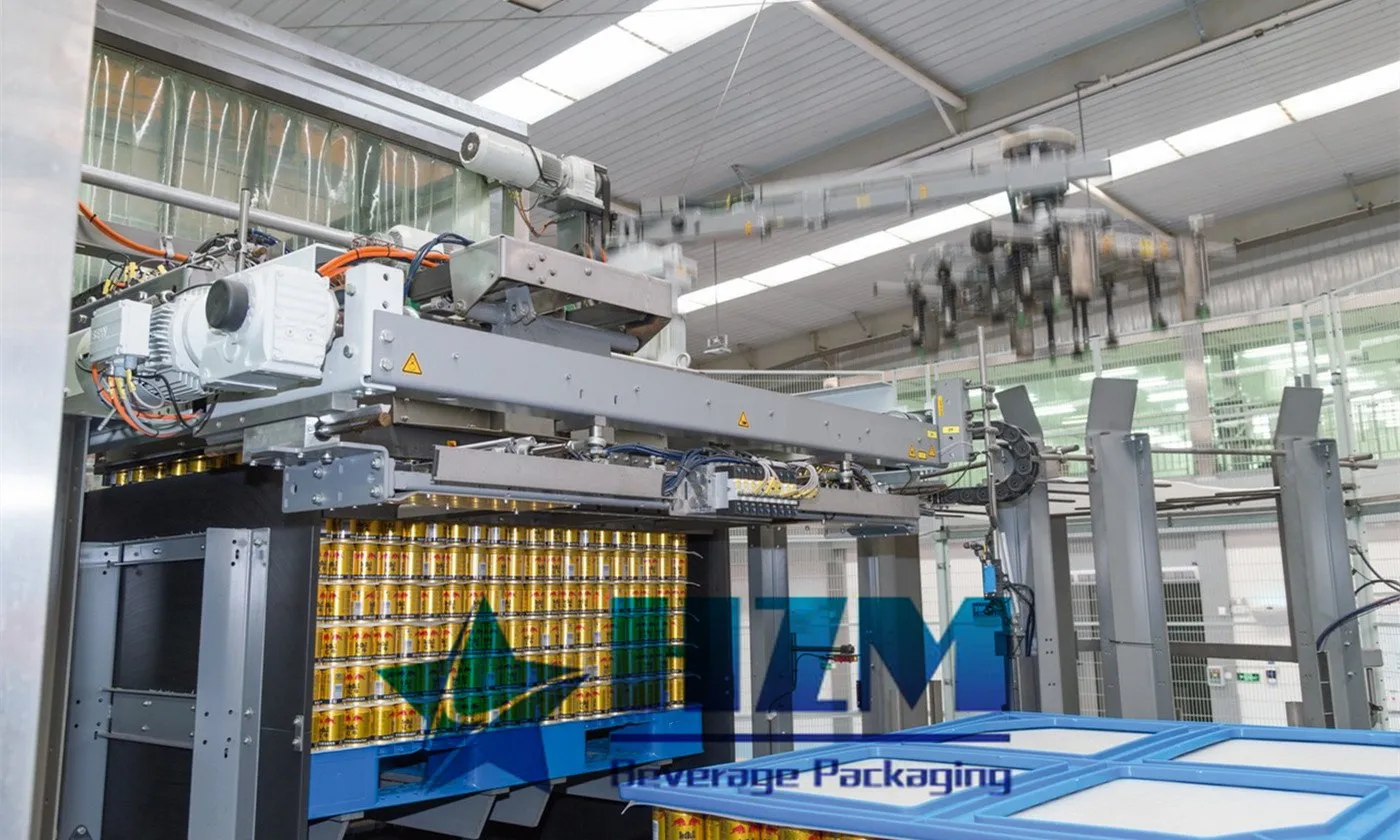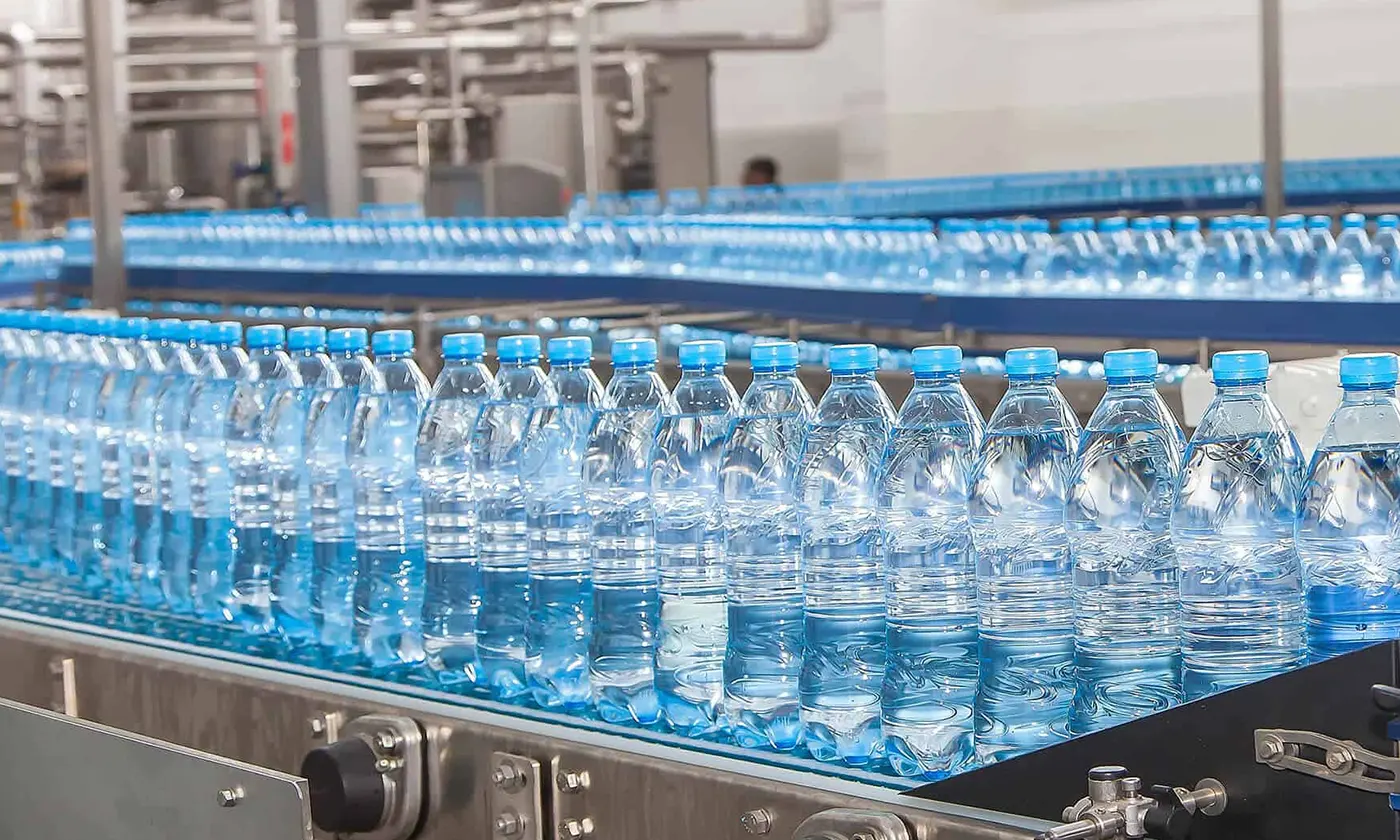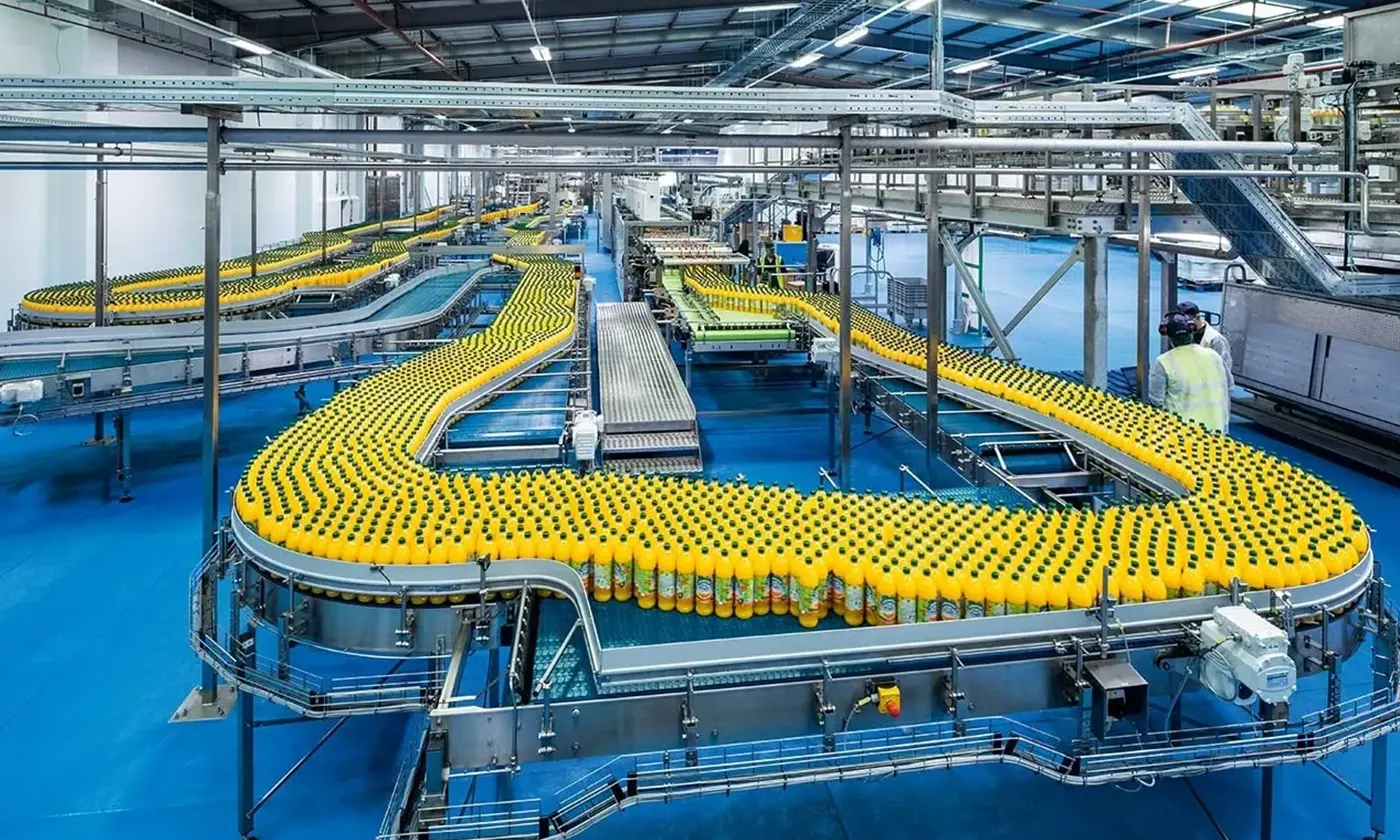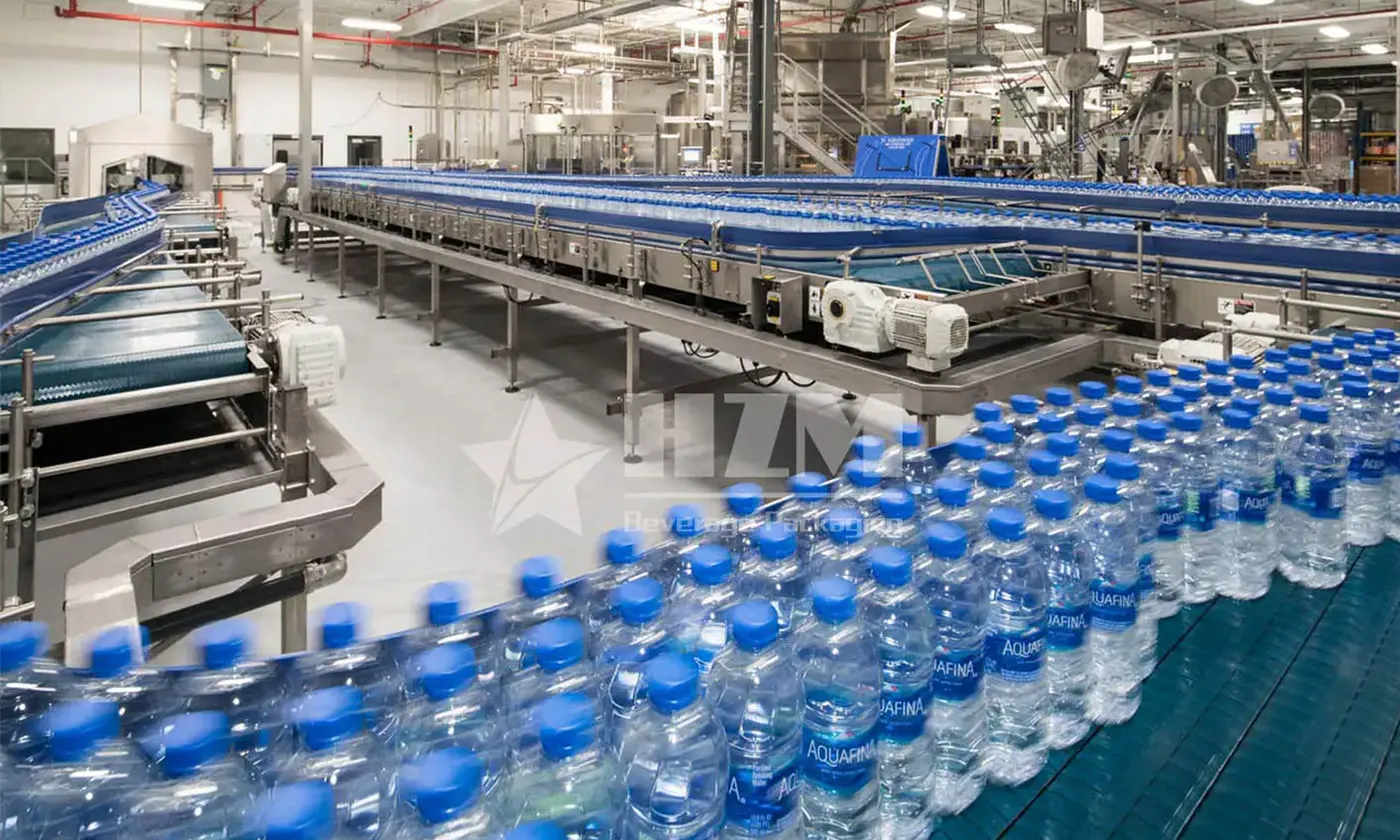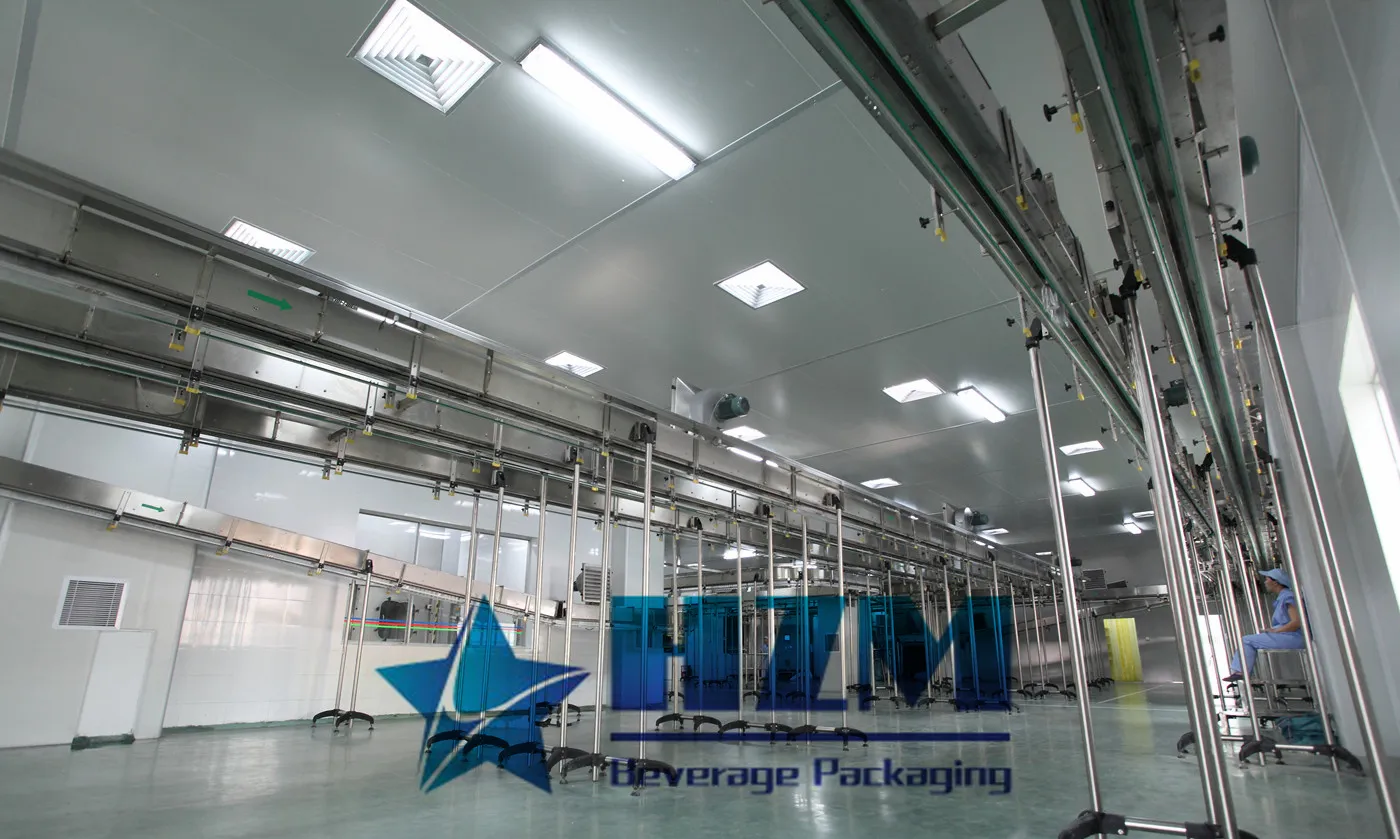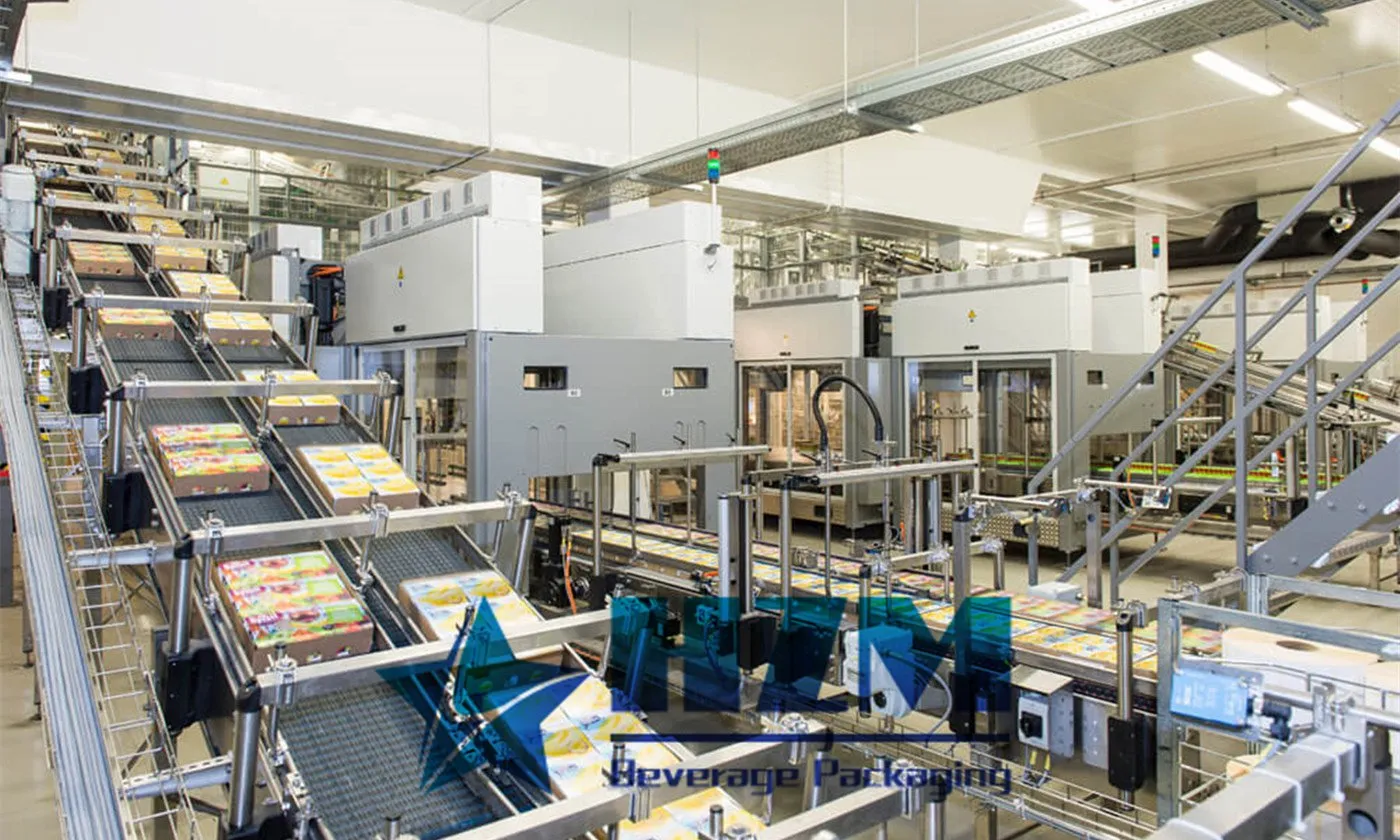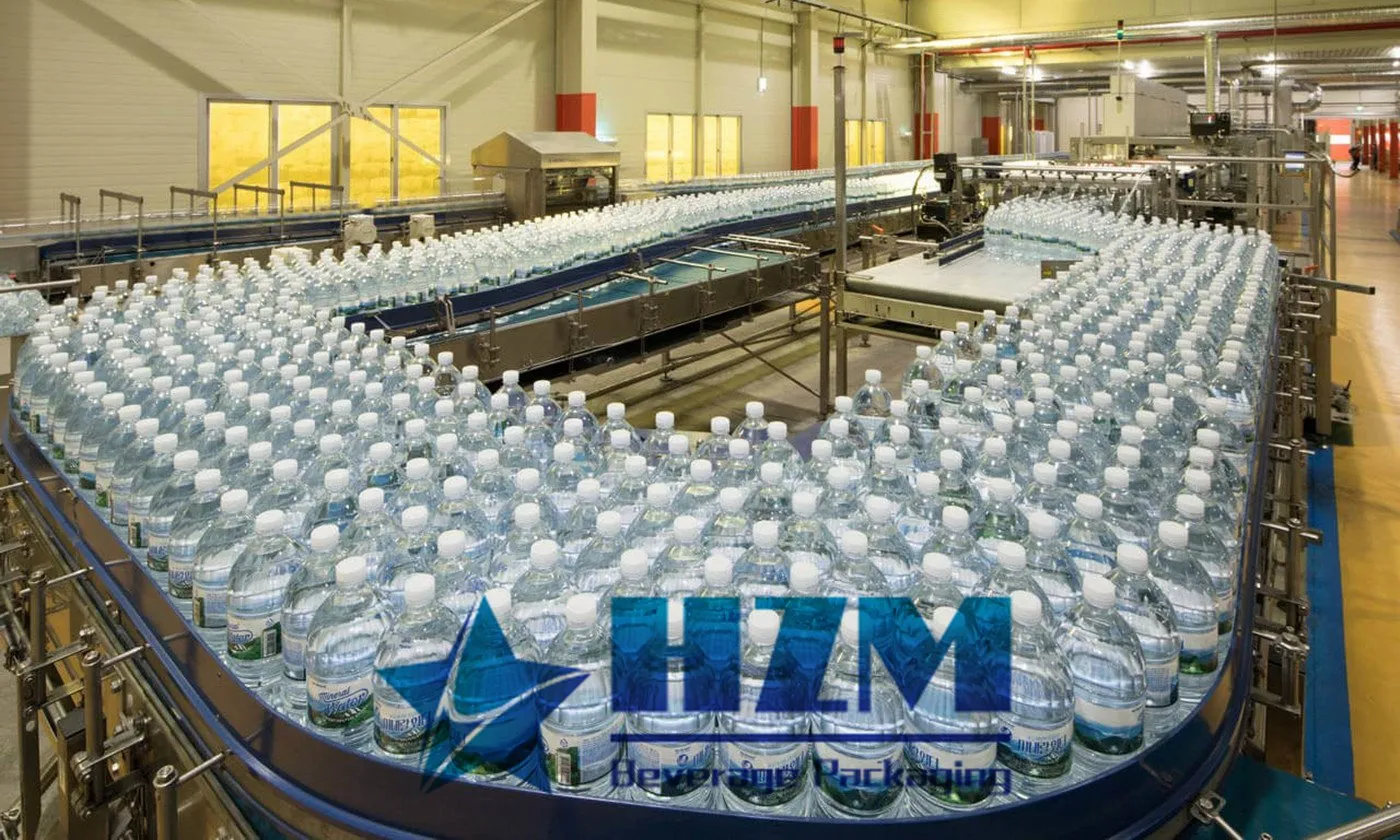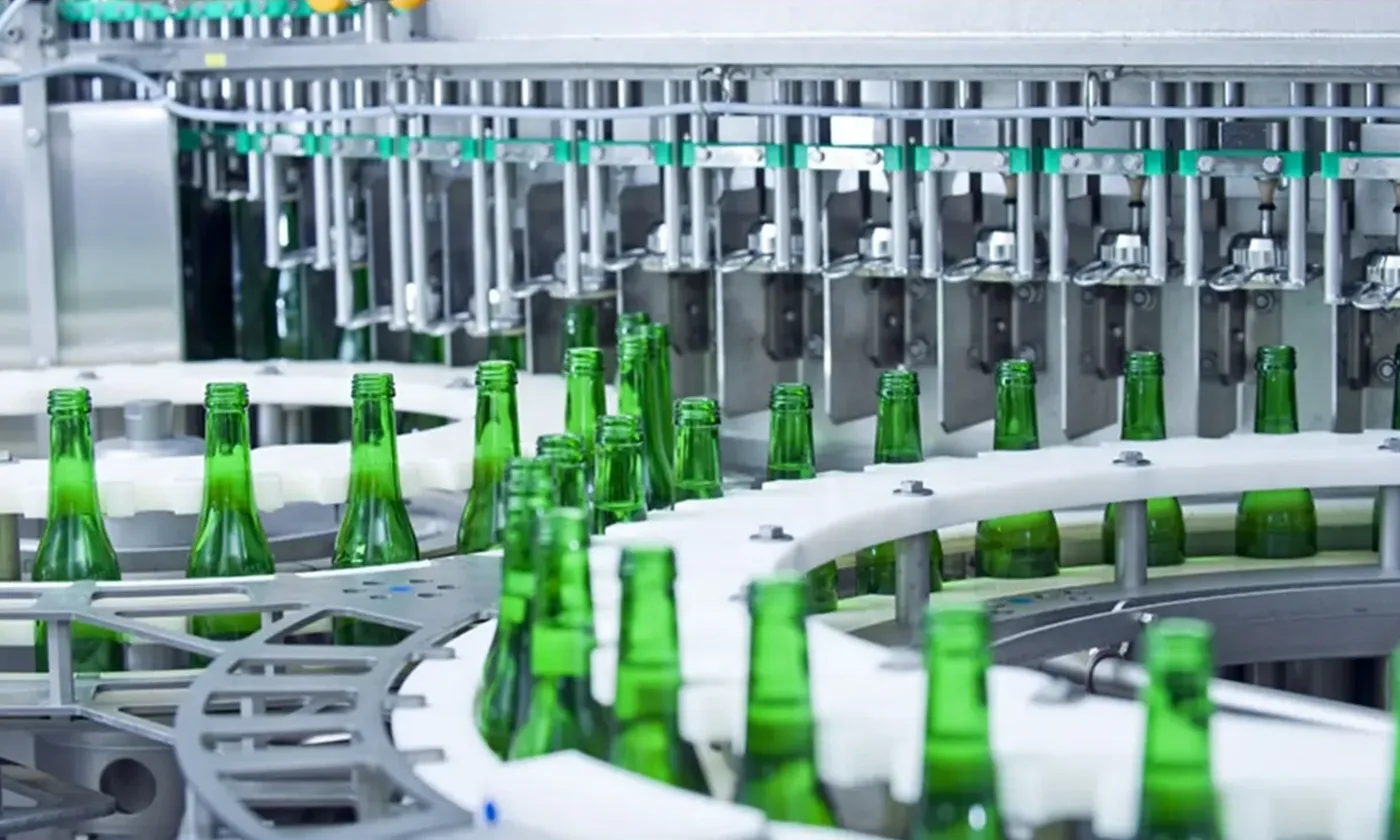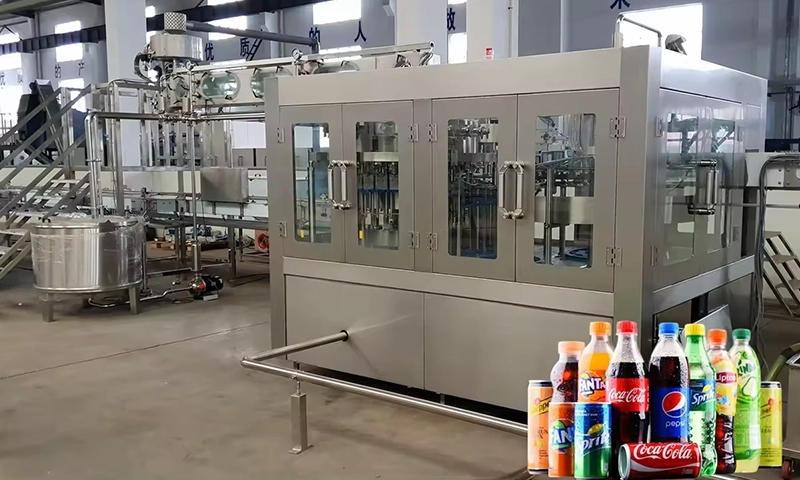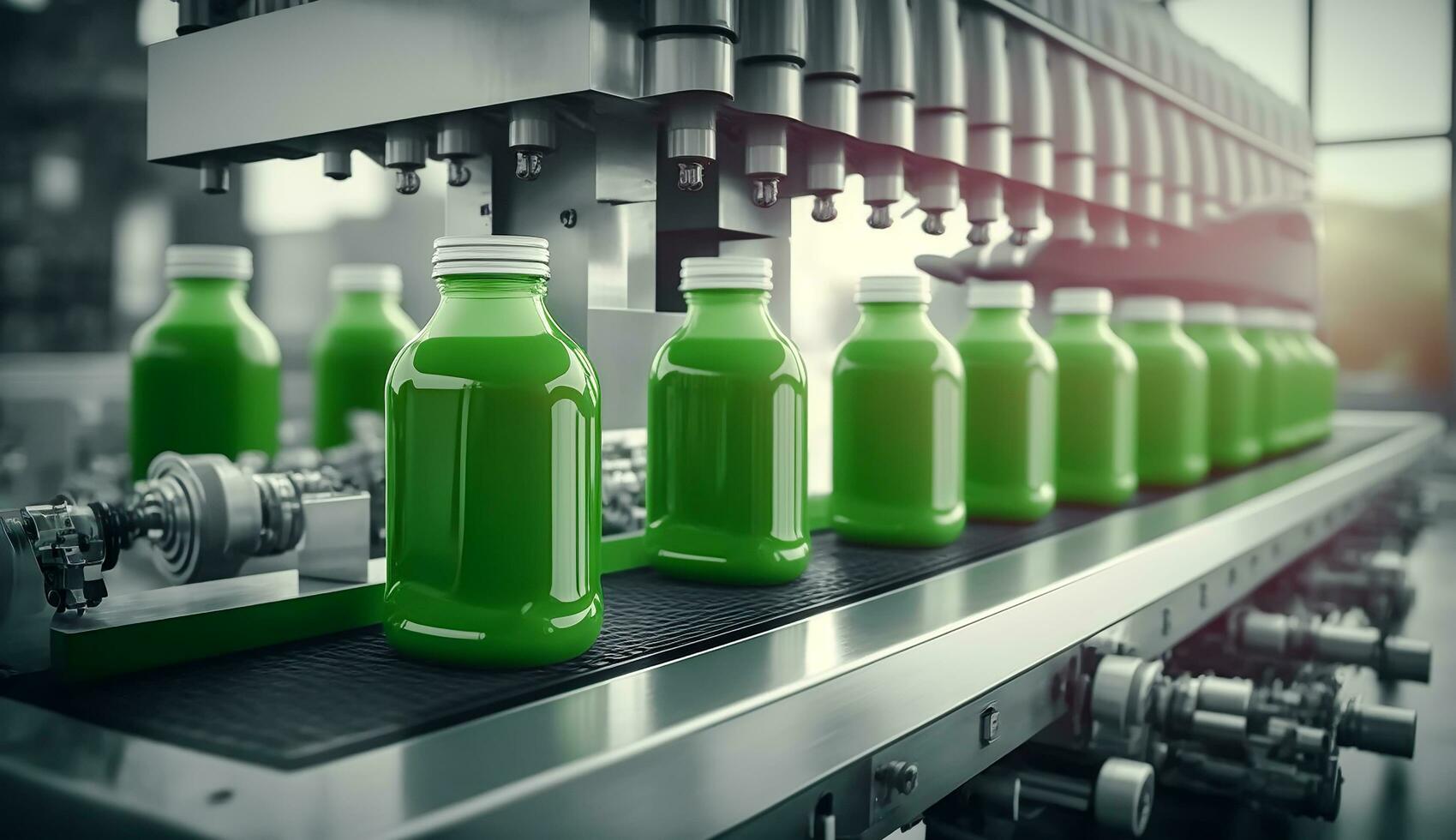
How to Improve the Filling Efficiency of Beverage Filling Machines
As market demands continue to grow, enhancing the filling efficiency of beverage filling machines has become a pressing challenge for production managers. This article will explore key strategies and methods aimed at optimizing the operation of beverage filling machines, increasing production efficiency, and achieving greater production capacity and quality.

1. Application of Automated Control and Intelligent Technologies
Introducing modern automated control systems and intelligent technologies, such as sensors and PLCs (Programmable Logic Controllers), can enable more precise control over the filling process and real-time monitoring. Through accurate data collection and analysis, operational parameters can be adjusted promptly, reducing filling errors, and enhancing production efficiency and product consistency.
2. Streamlining the Production Process
Conducting a comprehensive analysis of the production process to identify bottlenecks and inefficient operations allows for a redesign of processes to reduce waiting times and transportation costs. Streamlining the production process not only improves efficiency but also reduces waste in terms of time and resources.
3. Implementation of Rapid Changeover Technology
Designing molds and accessories that are easy to switch between different sizes of bottles, packaging, and beverage types can reduce changeover time, facilitating quick adaptation to varying production requirements. This flexible changeover technology enables seamless transitions from one product to another in a short period, enhancing the adaptability and flexibility of the production line.
4. Data-Driven Decision Making
Collecting and analyzing data from the production process can help identify potential issues and improvement opportunities. Data-driven decision-making better guides the optimization of production processes, ensuring the operation of the production line is more efficient and stable.
5. Ongoing Training and Skill Enhancement
Providing systematic training for operators ensures their proficiency in equipment operation and maintenance skills. Training helps reduce operational errors and equipment failures, thereby enhancing overall production efficiency.
6. Quality Control and Preventive Maintenance
Establishing strict quality control standards and processes ensures that each product meets the specified quality requirements. Simultaneously, implementing a preventive maintenance plan involves regular inspections of equipment wear and tear, enabling timely replacements of components to reduce unexpected failures and downtime.
7. Cultivating a Culture of Continuous Improvement
Establishing a culture of continuous improvement within the team encourages employees to propose enhancement suggestions and put forward those that effectively enhance efficiency into practice. A culture of continuous improvement helps maintain the production line in an optimal state consistently.
In conclusion, through the integrated application of automation technology, process optimization, rapid changeover, data analysis, training, and quality control, the filling efficiency of beverage filling machines can be significantly improved. This not only meets the market's demand for high-quality, efficient products but also allows manufacturing enterprises to maintain a competitive edge in a fiercely competitive market.
TAG: Beverage Filling Machines
-
![Core Selling Points of Glass Bottle CSD Filling & Capping Line]()
Core Selling Points of Glass Bottle CSD Filling & Capping Line
-
![Customizable beverage filling system]()
Customizable beverage filling system
-
![Differences Between Hot Filling and Cold Filling in Beverage Filling Machines]()
Differences Between Hot Filling and Cold Filling in Beverage Filling Machines
-
![Selecting a Dedicated RO Reverse Osmosis Water Treatment System for a Purified Water Beverage Production Line]()
Selecting a Dedicated RO Reverse Osmosis Water Treatment System for a Purified Water Beverage Production Line
-
![How Fast Is the Labeling Speed of Tea Beverage Packaging Machines?]()
How Fast Is the Labeling Speed of Tea Beverage Packaging Machines?


